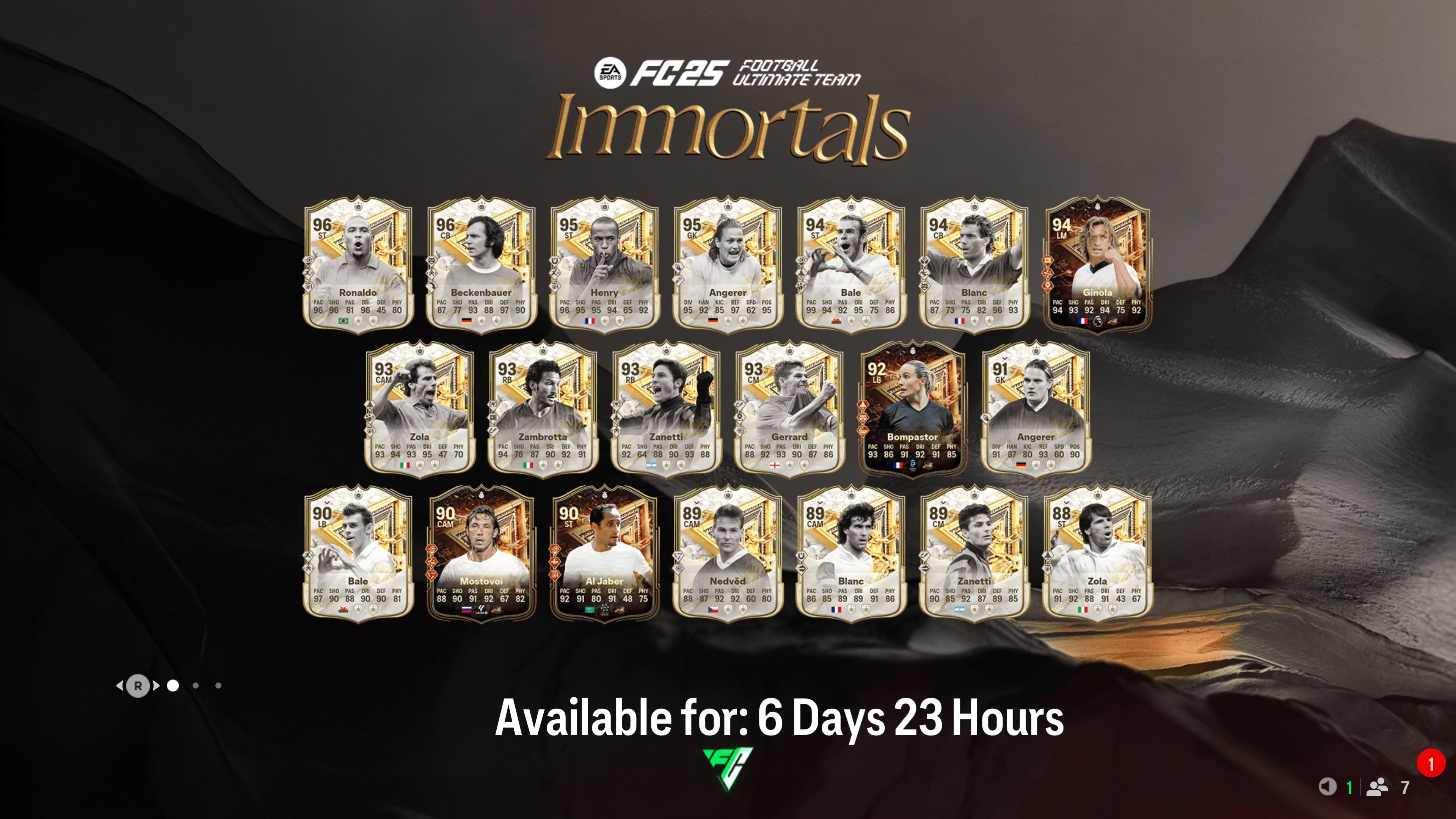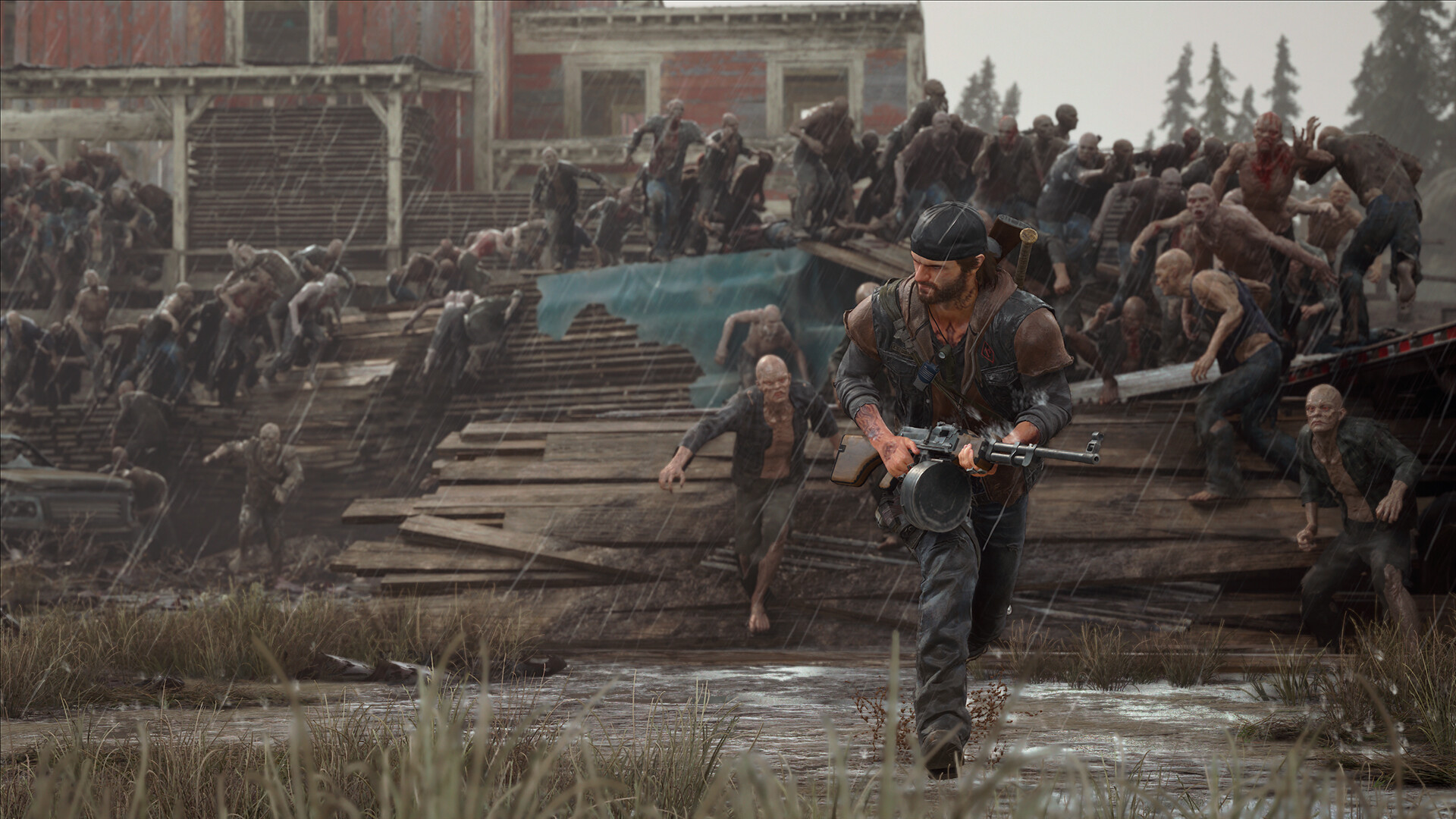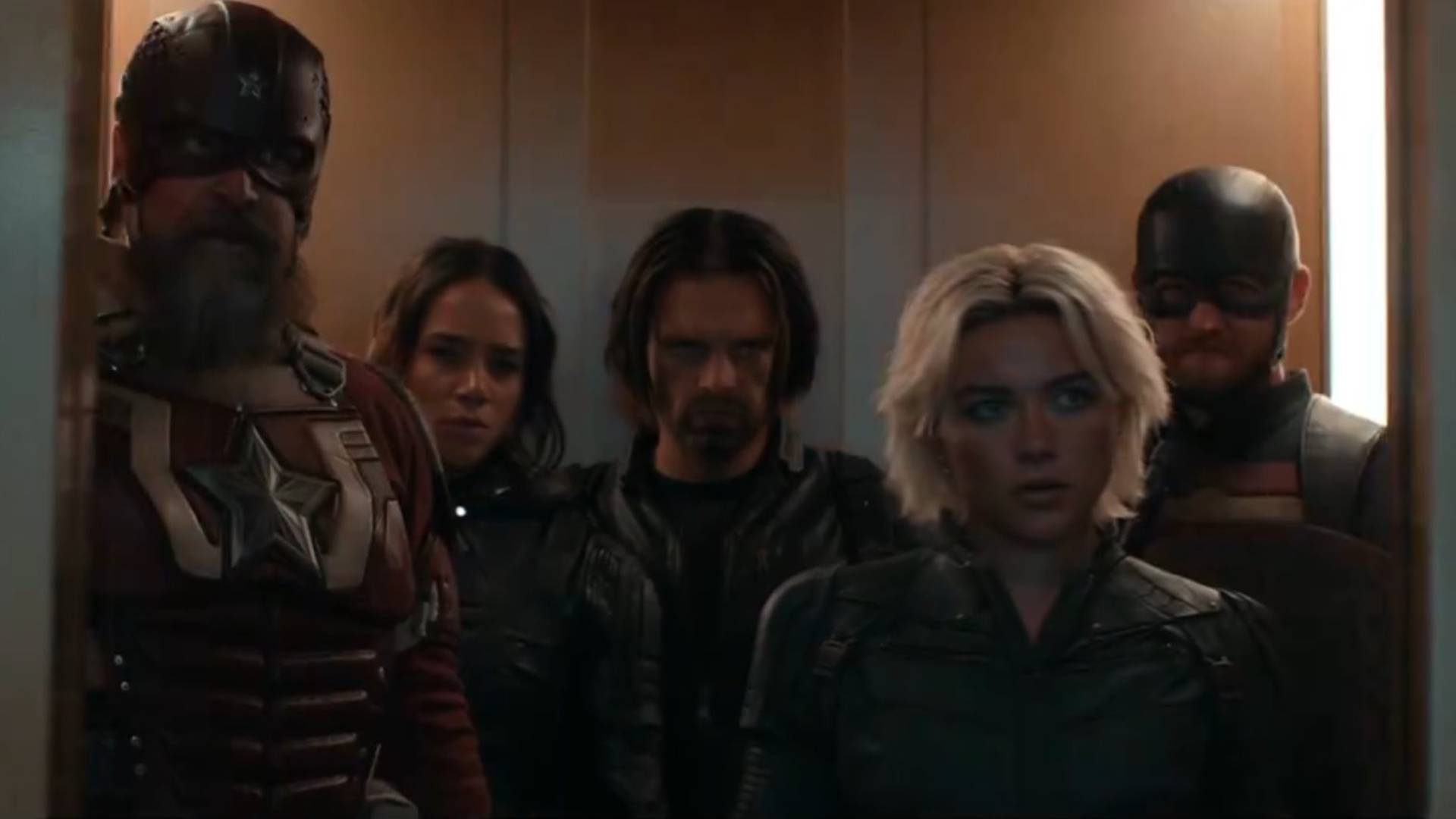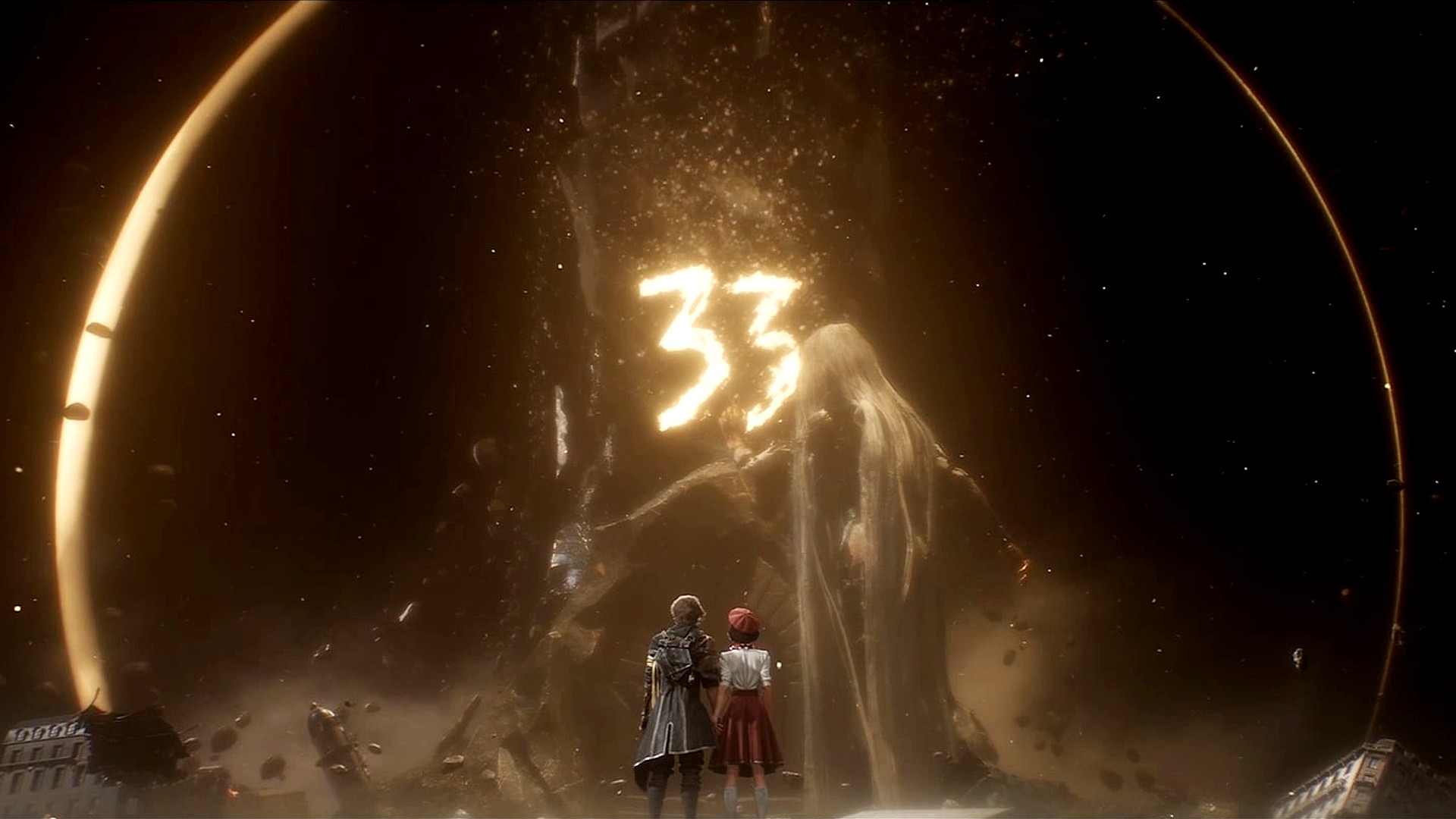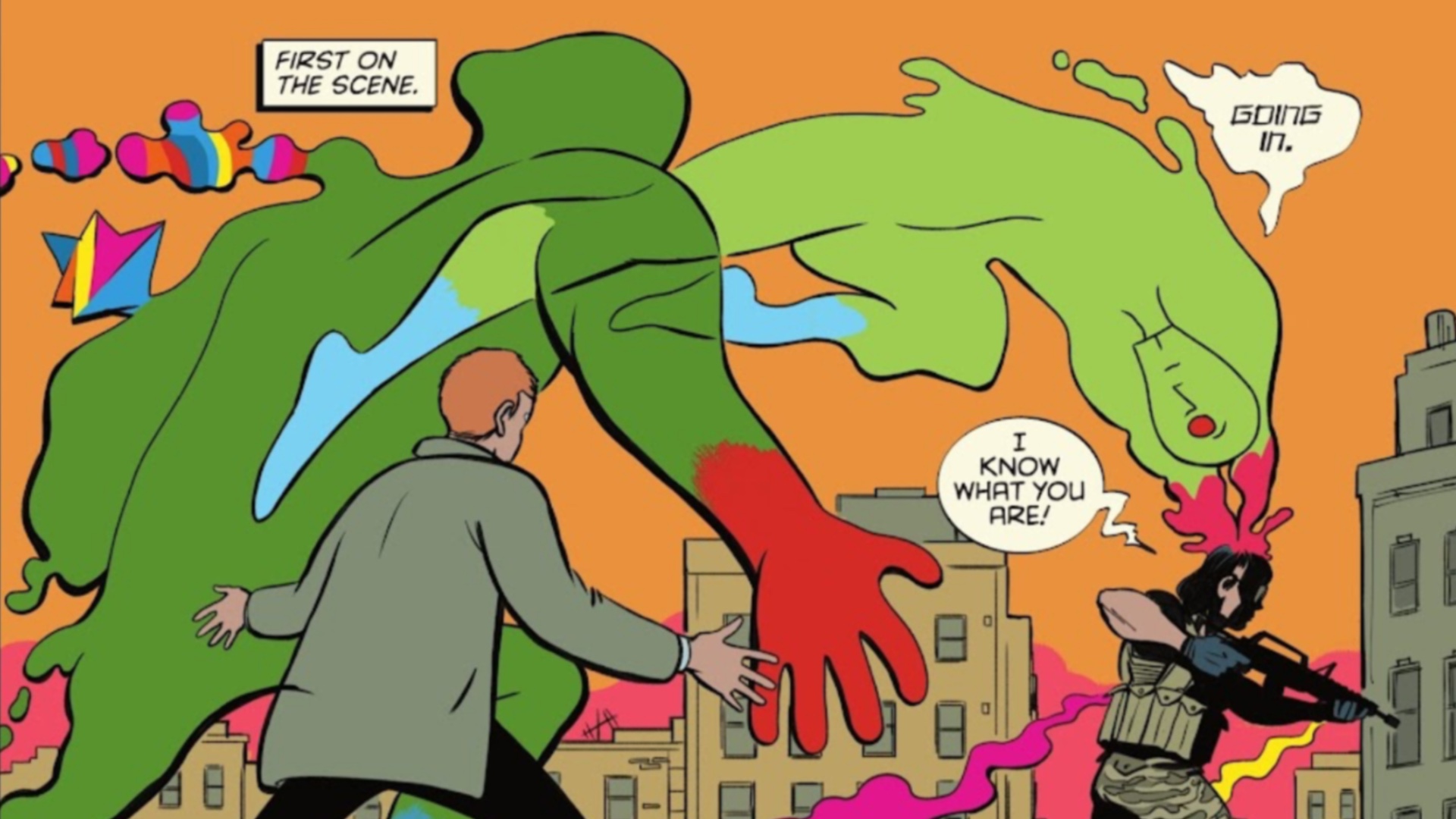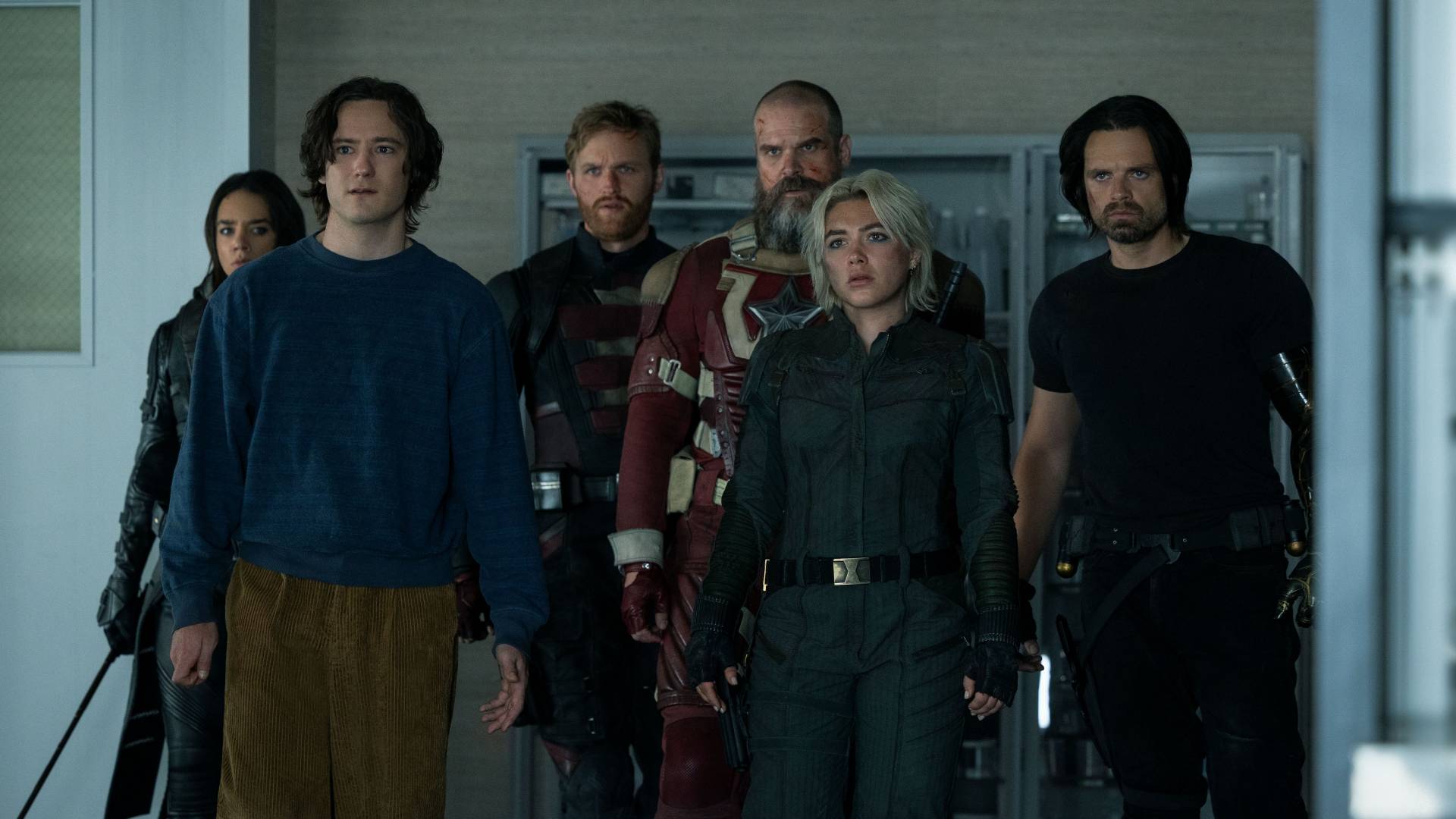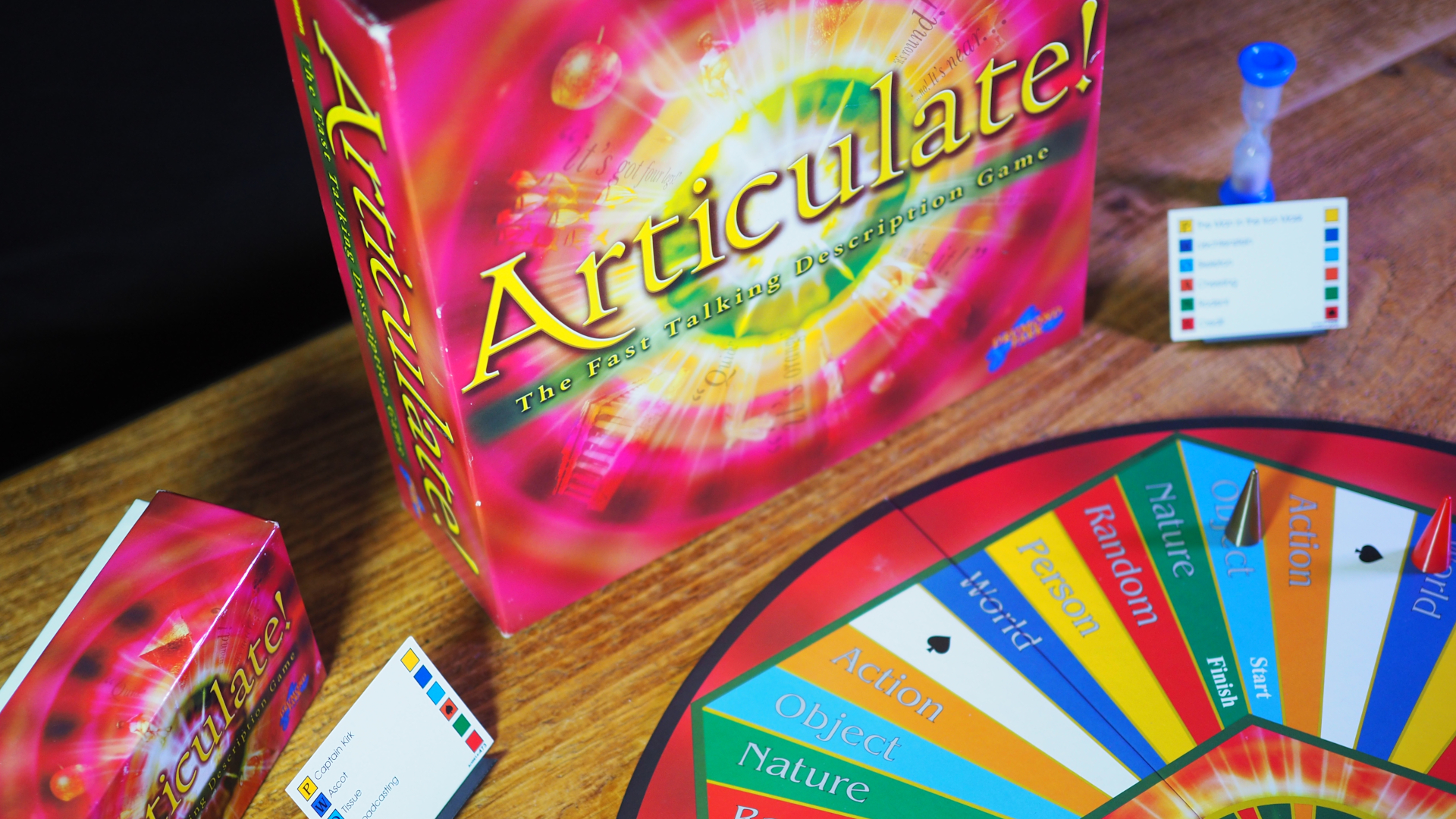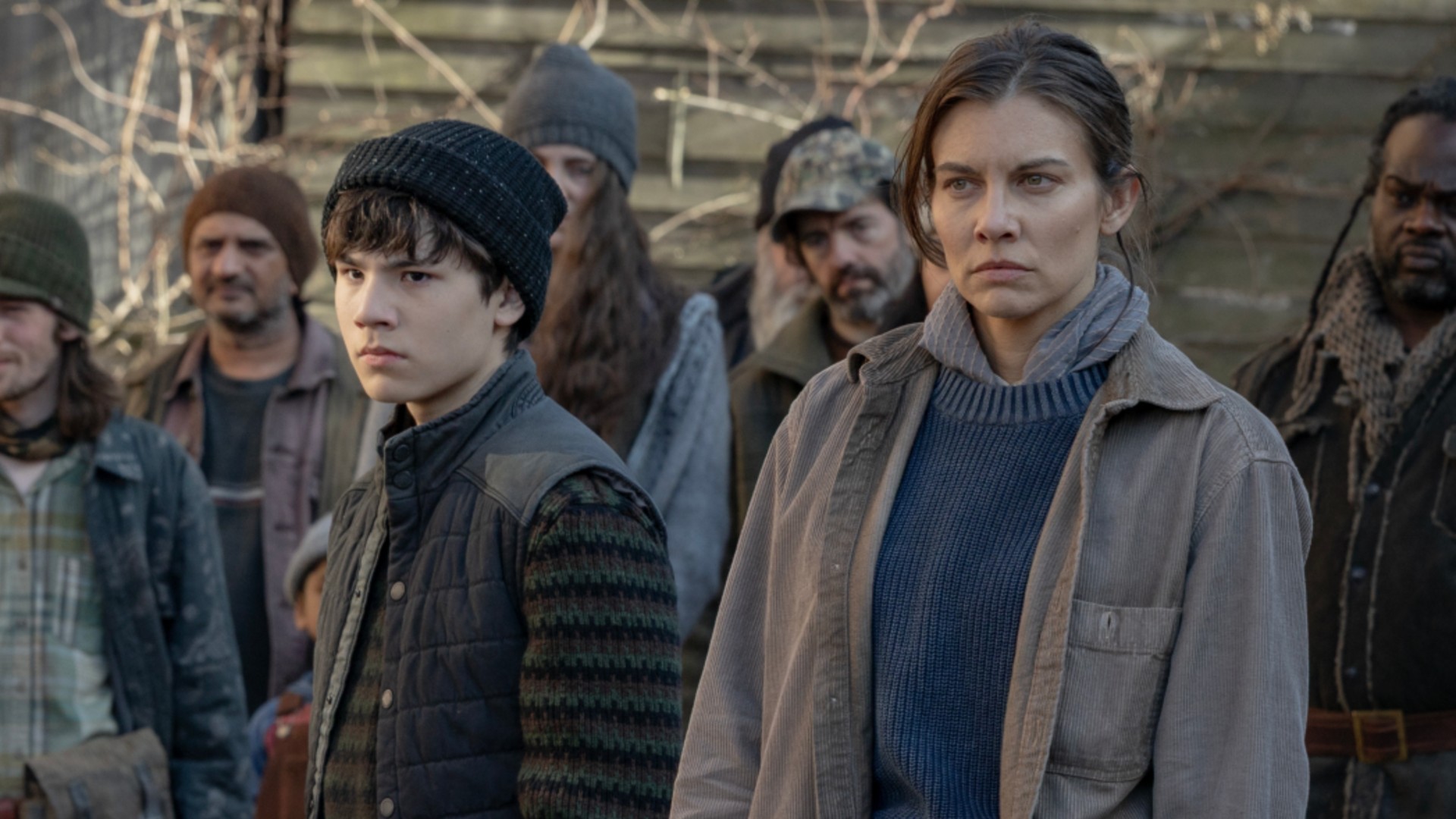When you purchase through links on our site, we may earn an affiliate commission.Heres how it works.
Huddled into two groups, a handful of players stand ready within a clearly delineated arena.
There’s probably a ball in the mix somewhere.
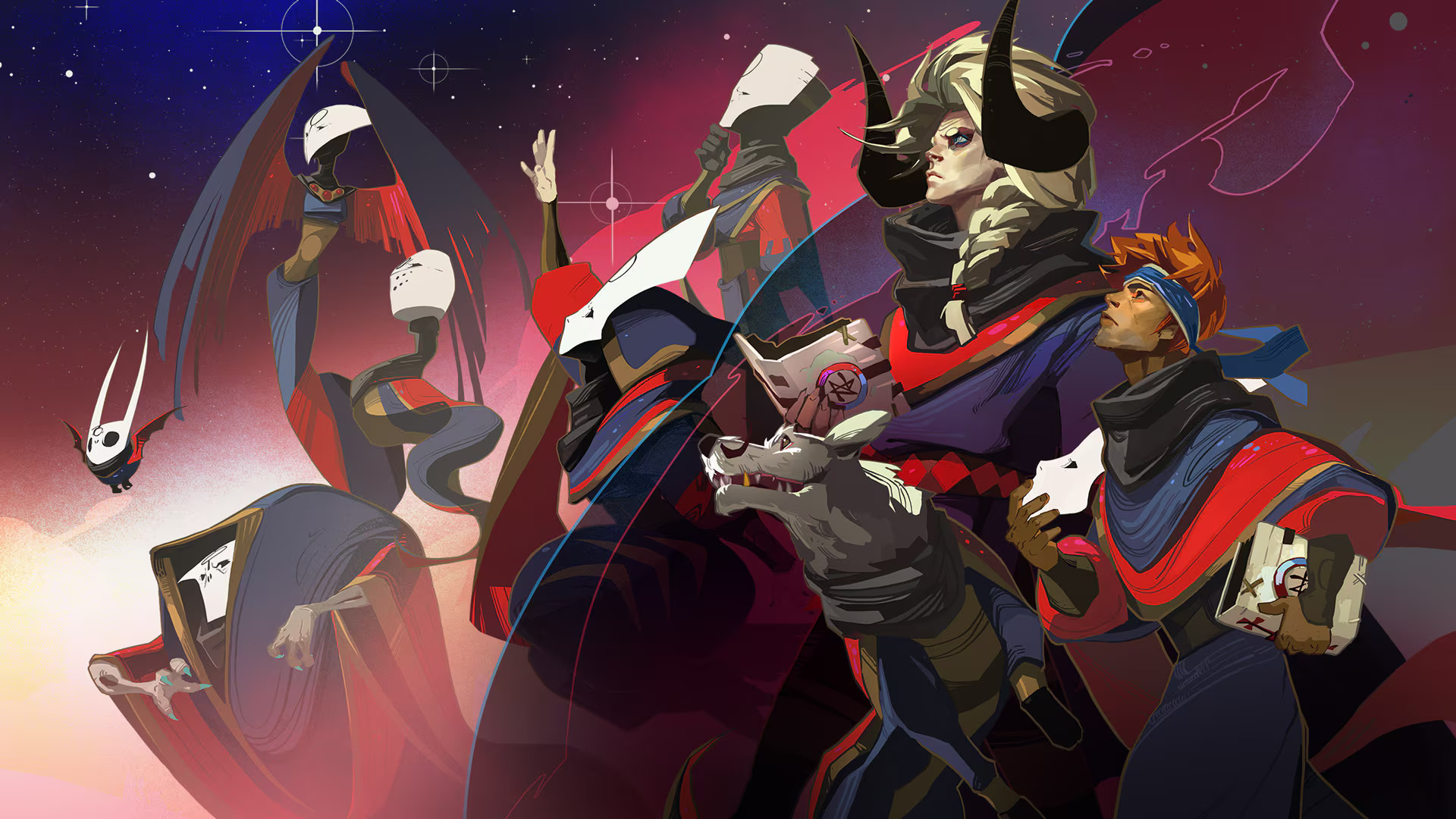
Which raises an obvious question: why do it in the first place?
“A game about building a team.”
Something that allowed the player to put together a roster and strategise around their individual strengths and weaknesses.
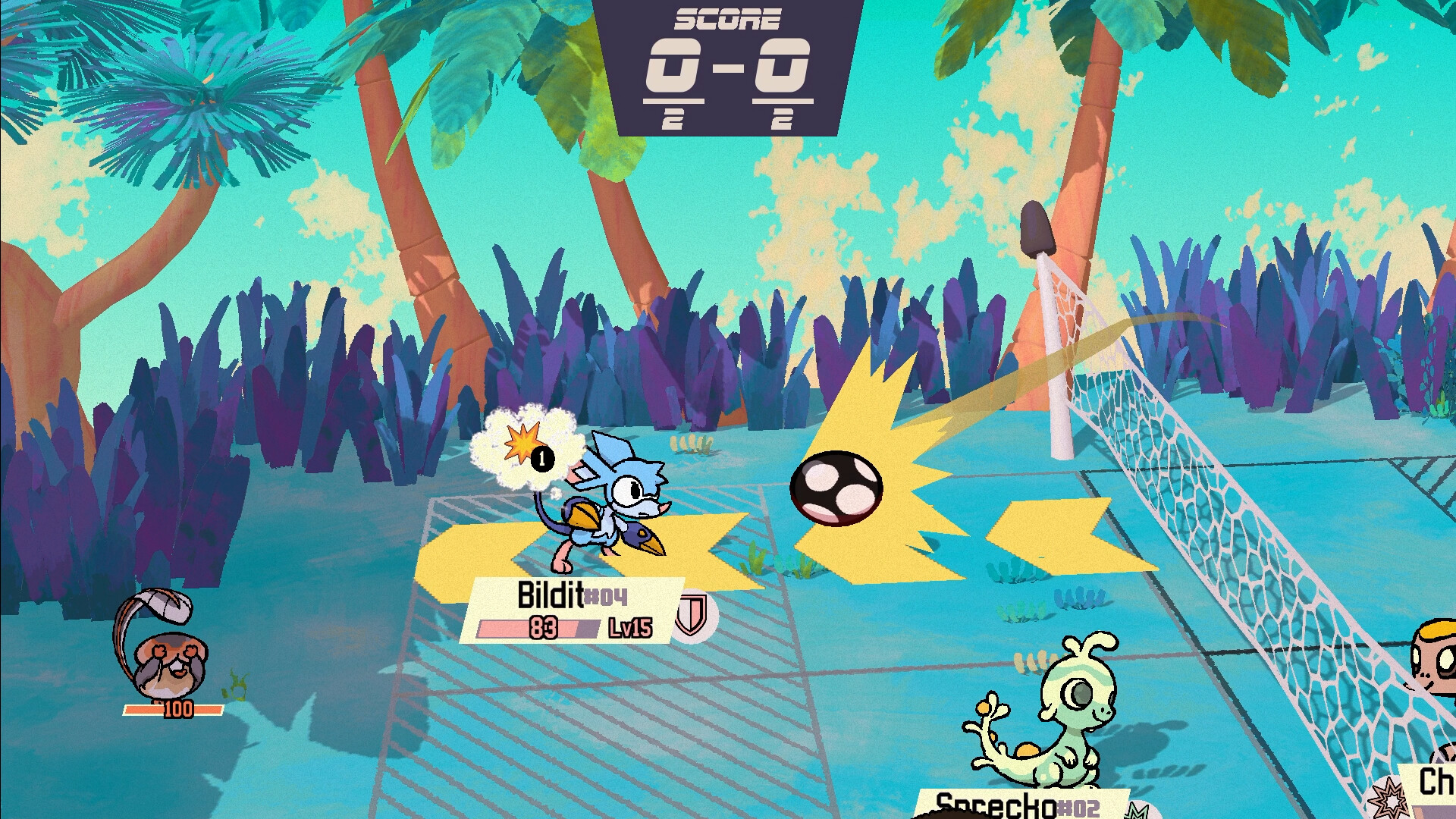
“And sport seemed like a really natural fit for that idea.”
And remarkably, Lobanov is not the first developer to come to this conclusion.
Ustwo similarly settled on turn-based tactics as the best way to realise this vision of teamwork.
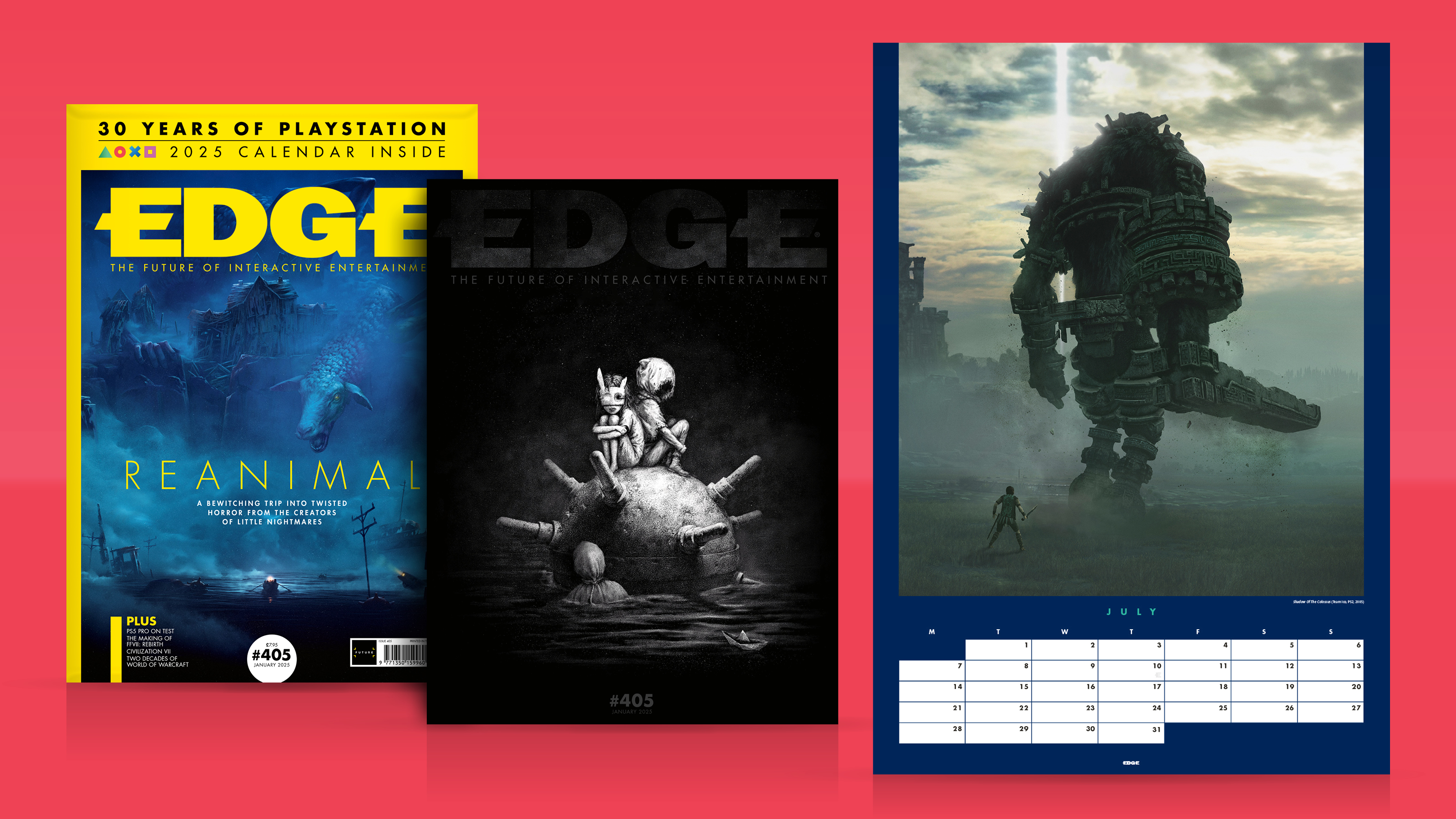
In every other respect, though, the two developers reached very different conclusions.
Having decided he wanted to make a sport strategy game, Lobanov considered a variety of real-world options.
“Soccer doesn’t really work very well [for a turn-based approach].
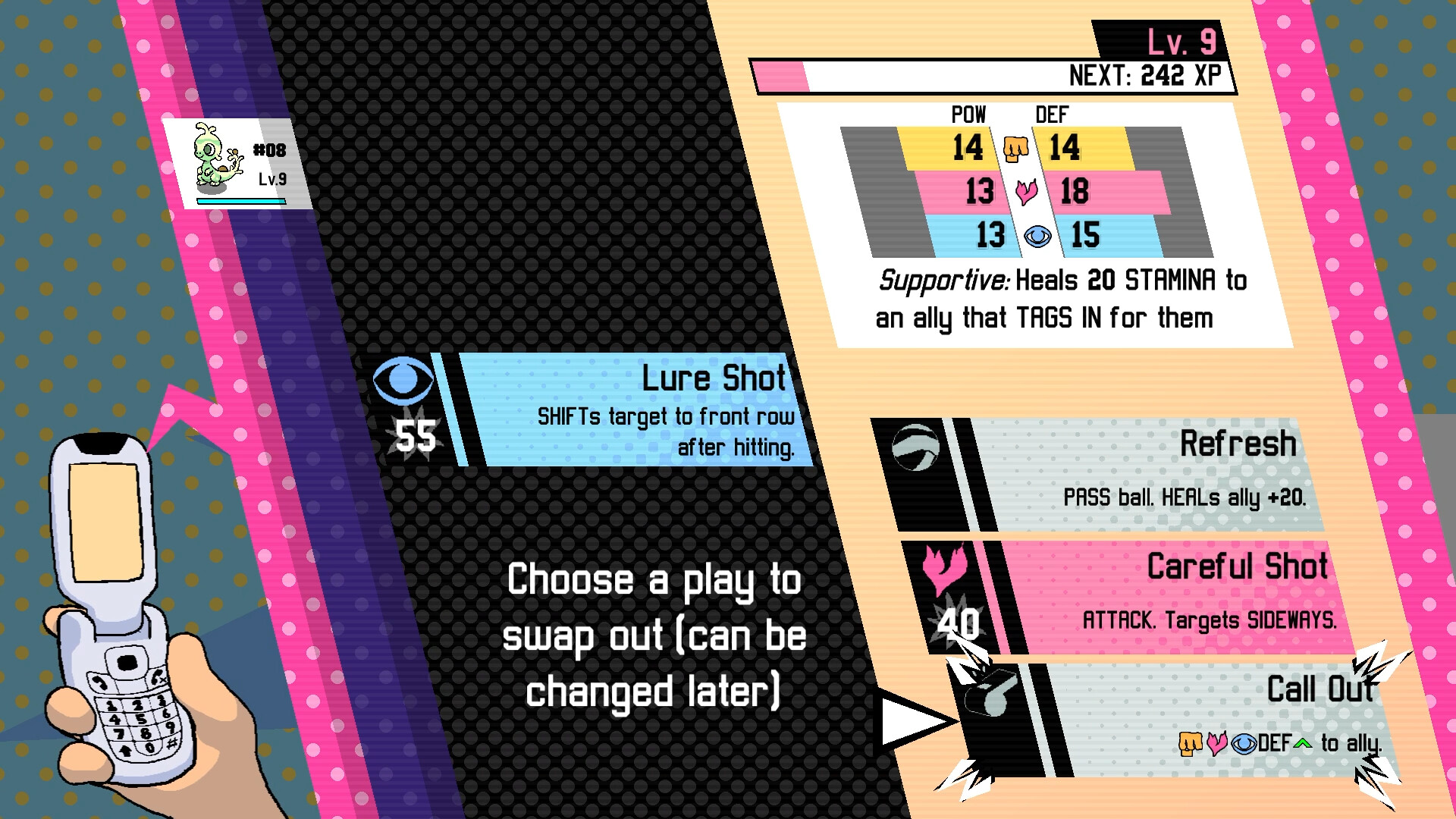
Eventually, he found his answer in what else?
“We watched Haikyu!!
“That solved a bunch of problems, all at once.”
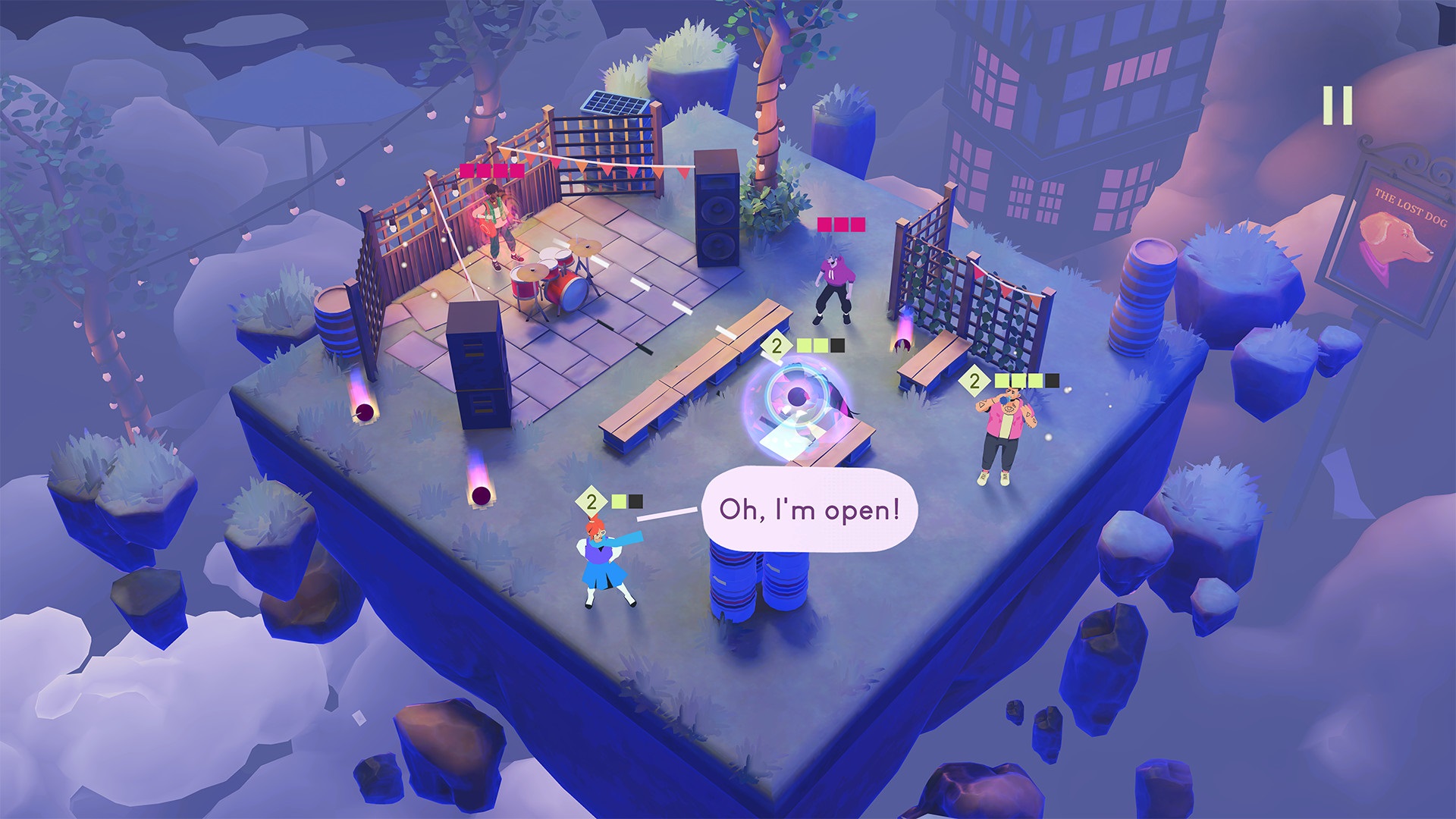
Desta, meanwhile, is essentially an adaptation of dodgeball as a tactical skirmish game.
“A ball is a magical thing,” Beardshaw says, “in any game.”
“It took a long time to take a stab at figure out the rules,” Lobanov says.
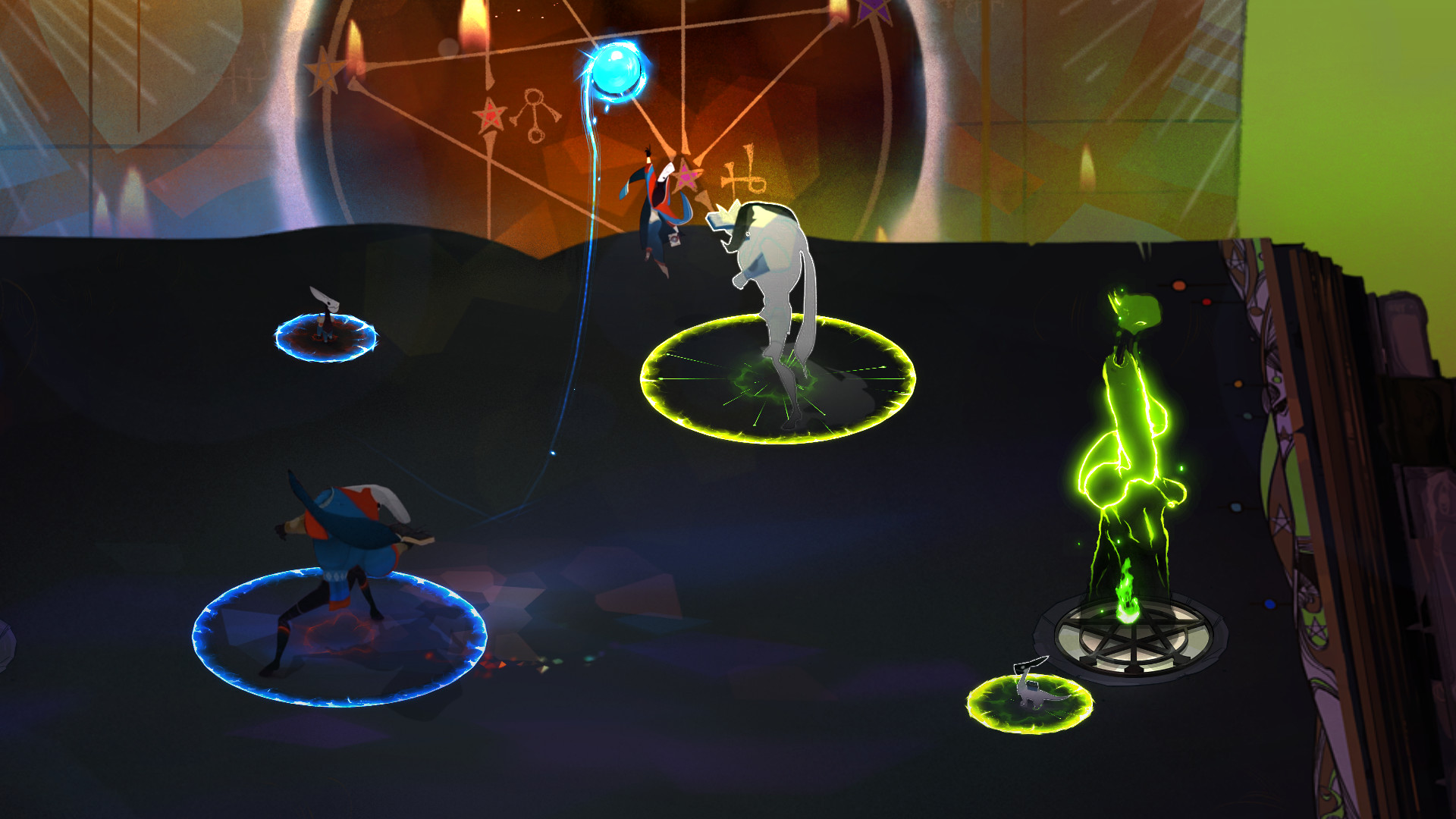
“There were a lot of ways to do it where it just was totally unreadable.”
“I mean, sport is basically war.”
And when war and sports are boiled down into videogame-friendly rules, the likeness becomes even more pronounced.
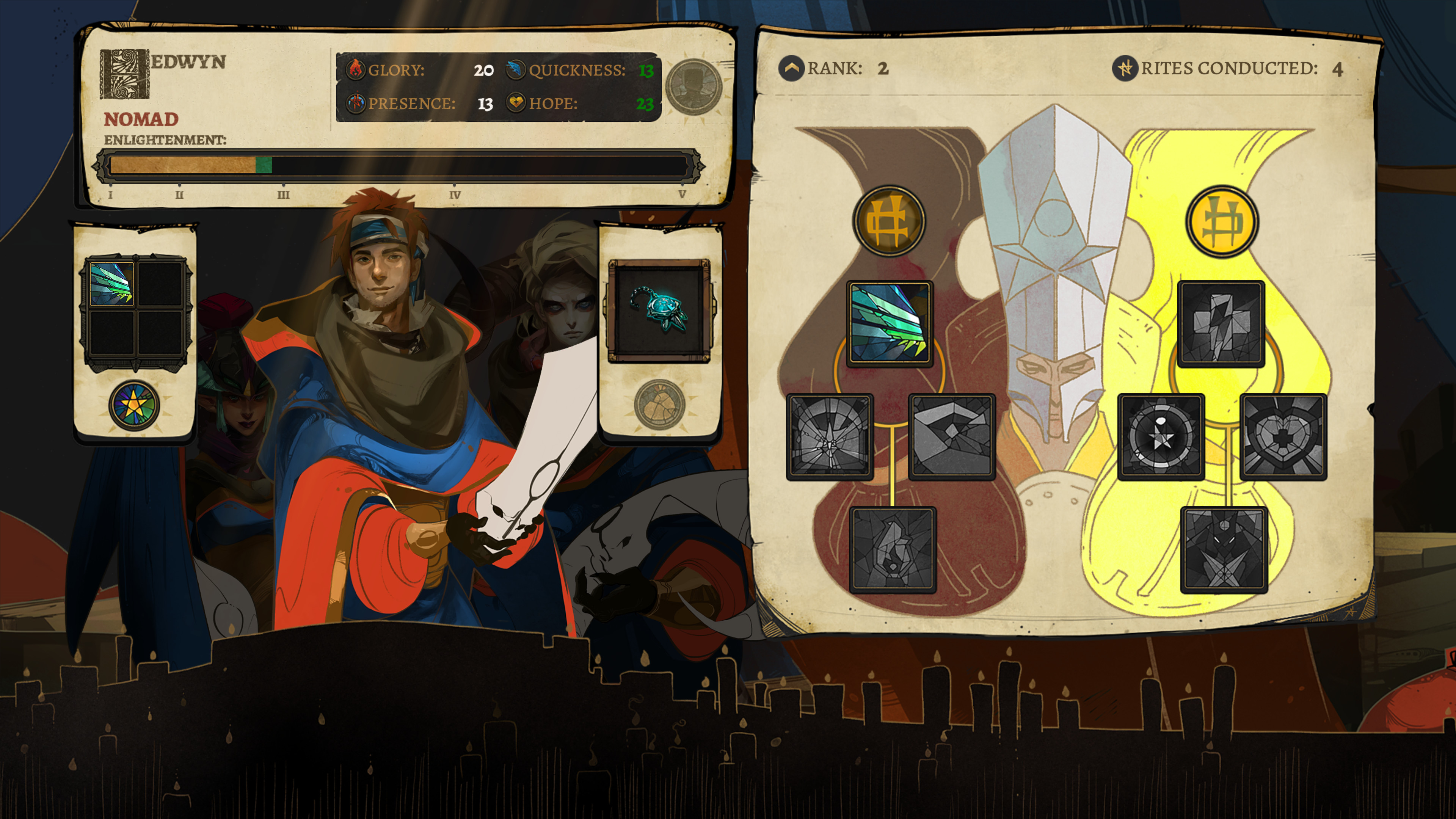
“That’s what happens to war when you do game design to it.”
Which doesn’t mean that Beastieball is a violent game, exactly.
“We wanted to explore this other side of things.”
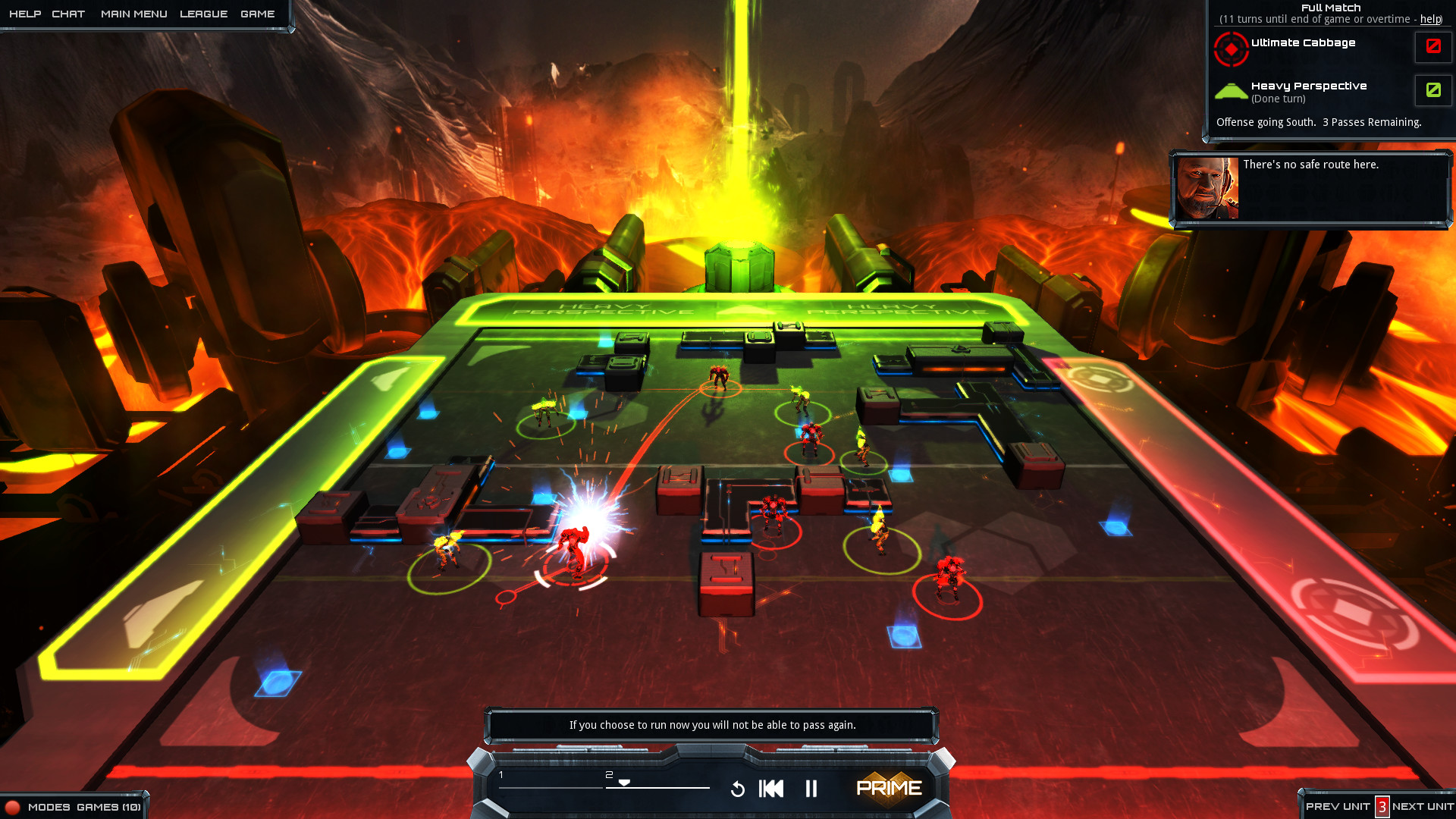
“And failure is a core part of sports.”
Its development also left a more personal impact on Kasavin himself.
Which is, of course, precisely the fuel on which Pyre runs.
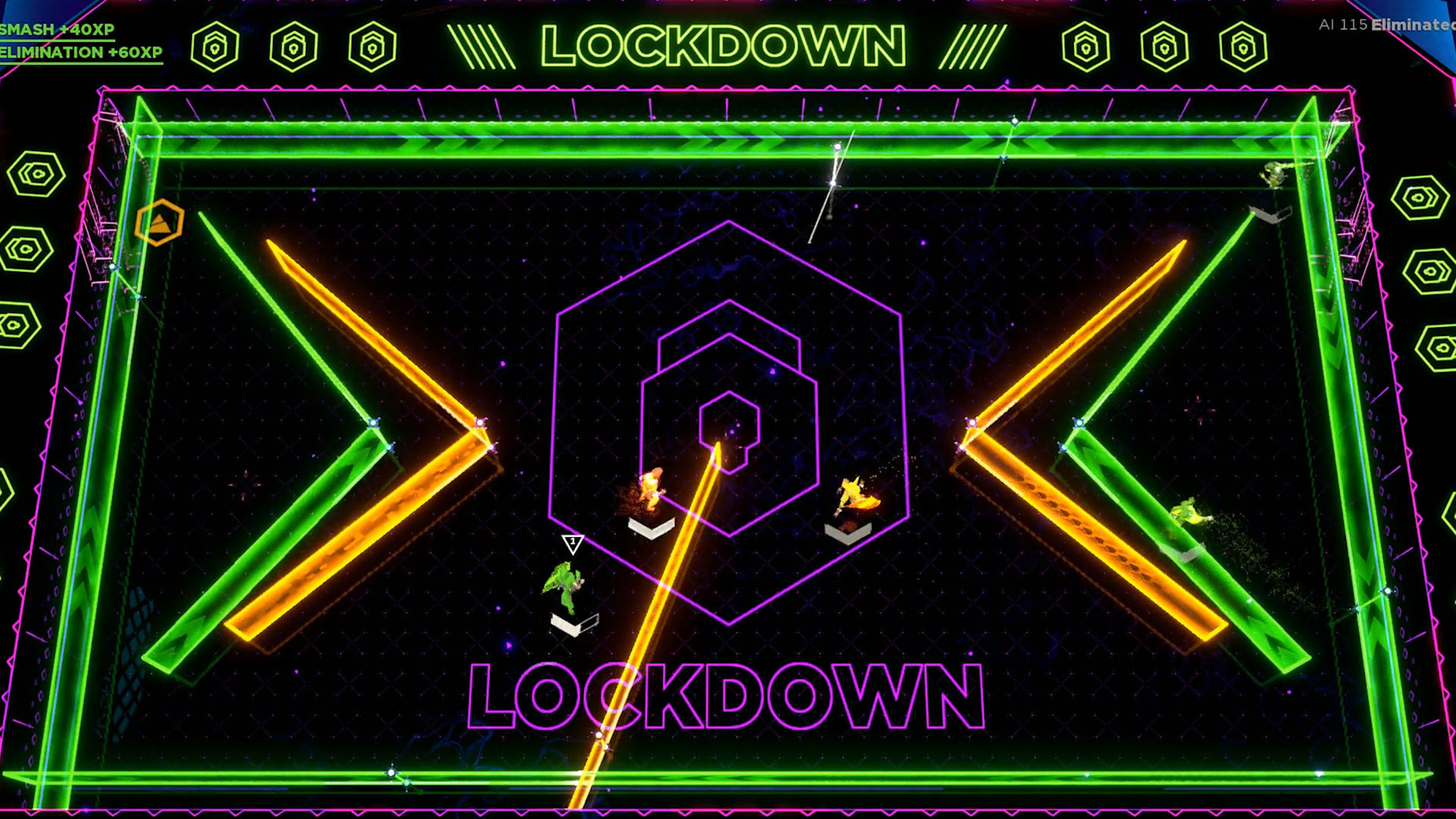
“There are ancient sports, such as the Maya Ballgame, which blur that line.")
“When you’re really into a league, so much of it is fascinating.
The weird tradition, the moment-to-moment action, the behaviour of the people involved.

So it felt extremely ripe.”
“I loved that it was on late at night.
It just felt so exotic.”
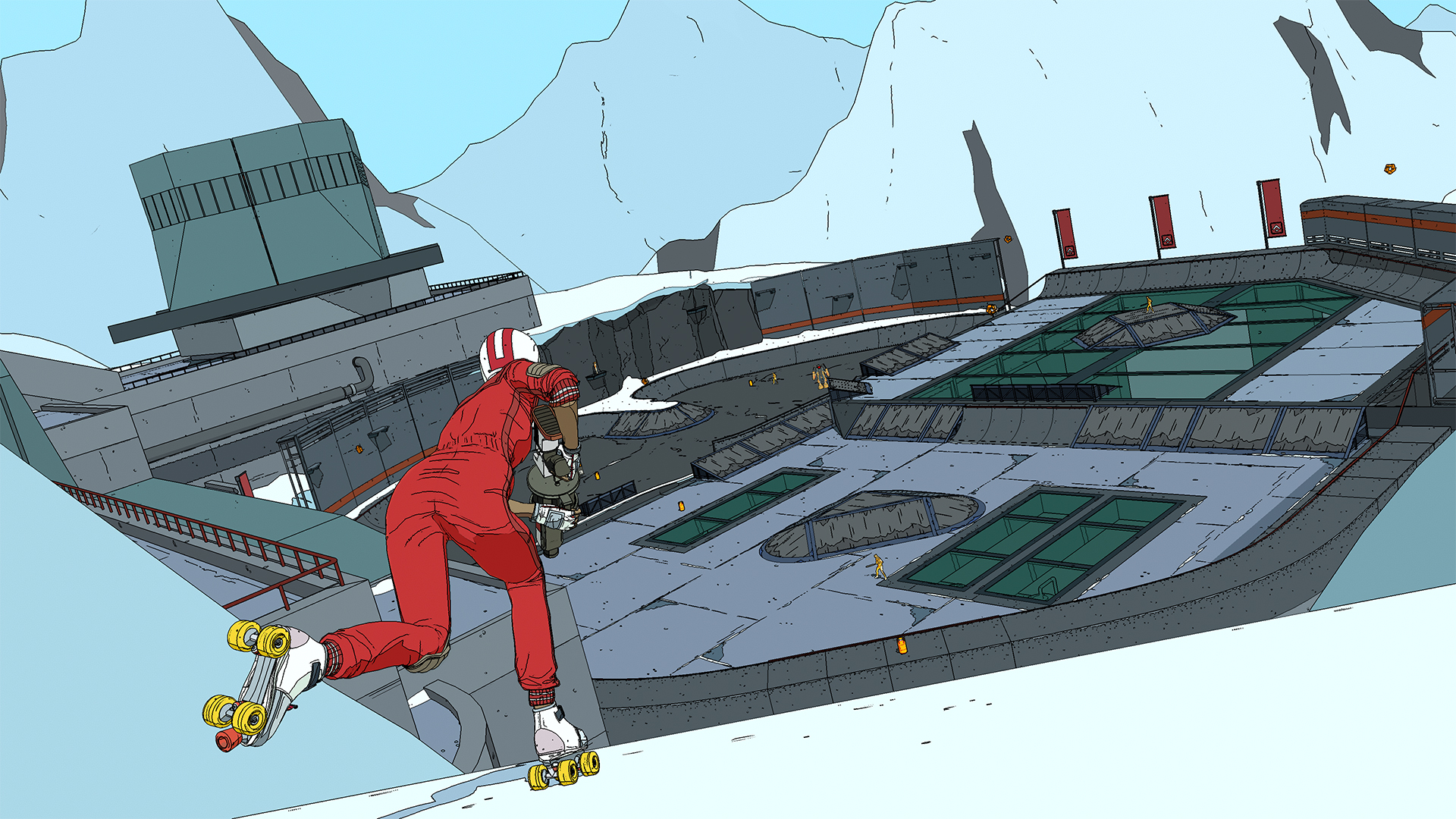
“I really enjoyed that.
And I also thought there was plenty wrong with it.”
“Sport is a narrative-generative medium.
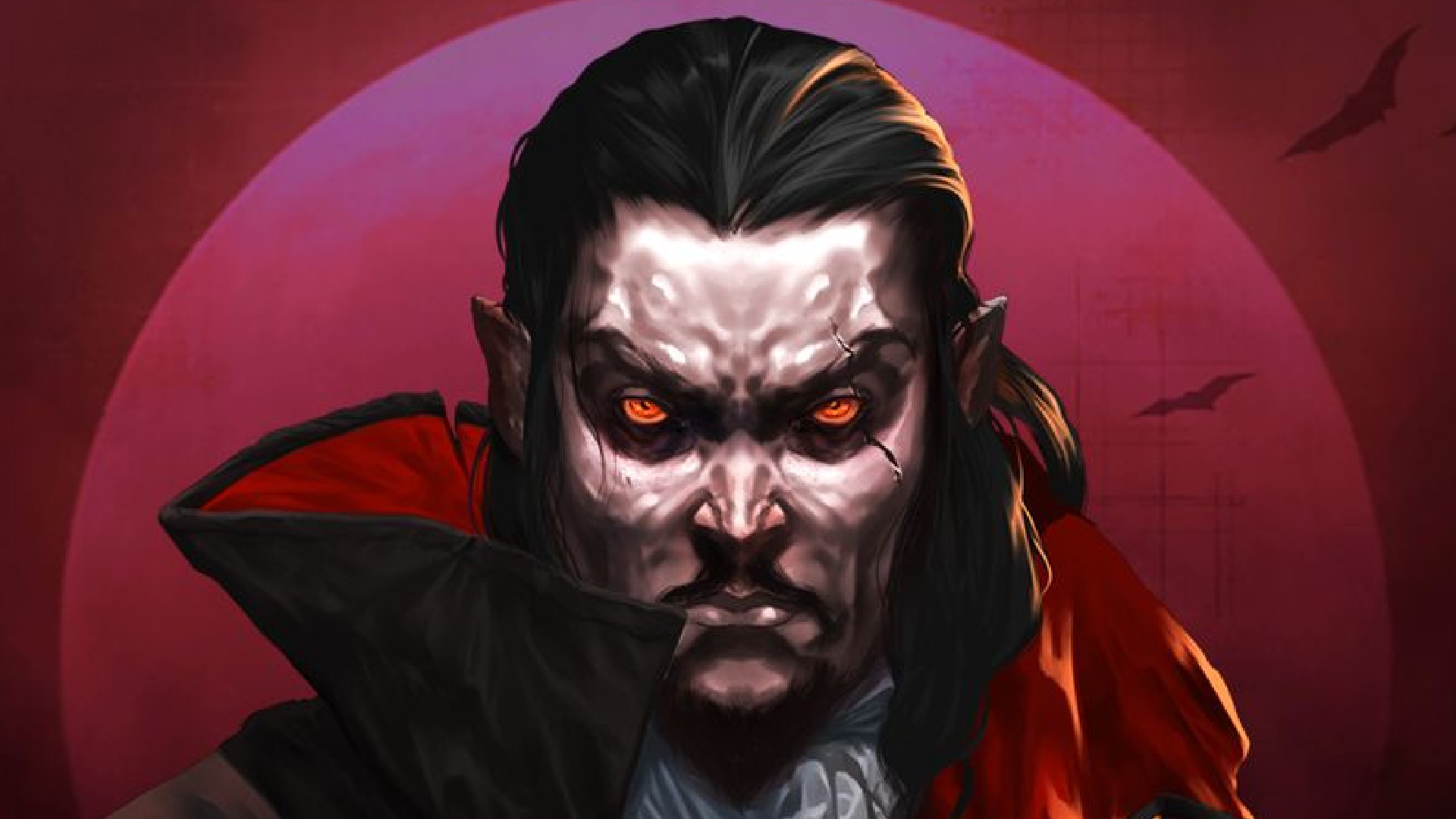
That’s just what it is,” Kilduff-Taylor says.
And we don’t need much fuel to access them.
“That can be very evocative, just a name and a logo.”
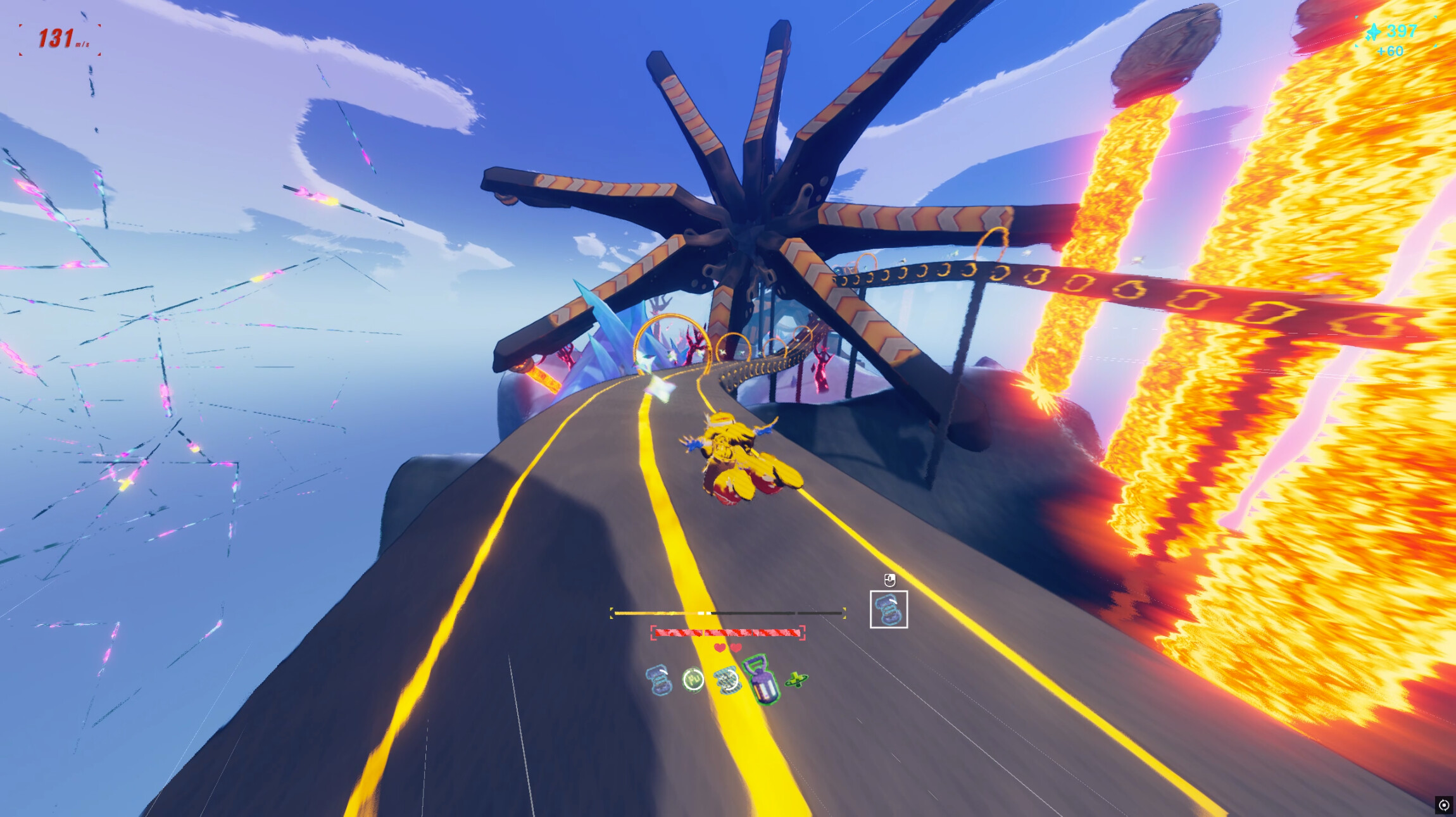
That wouldn’t make for a fun game.
Even just, like, the existence of money and capitalism, how that intersects with it.”
Ribbins looks around the meeting room, deep in the London headquarters of Roll7 parent company Take-Two.
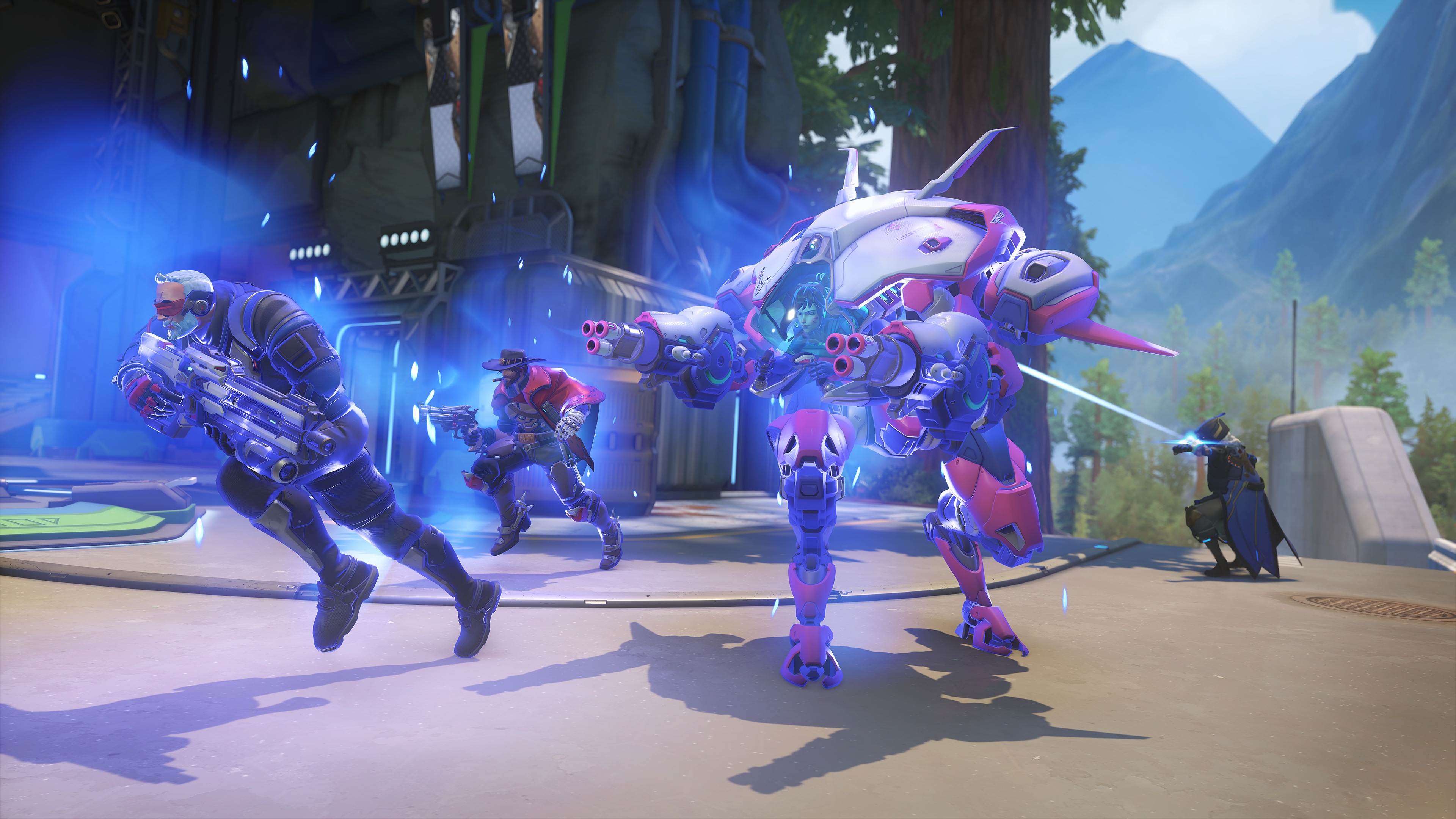
“They’re really action games about mastery.”
“We had this chat recently, actually, a bunch of people from the team.
But a lot of the time, it’s sort of just a wrapper, right?
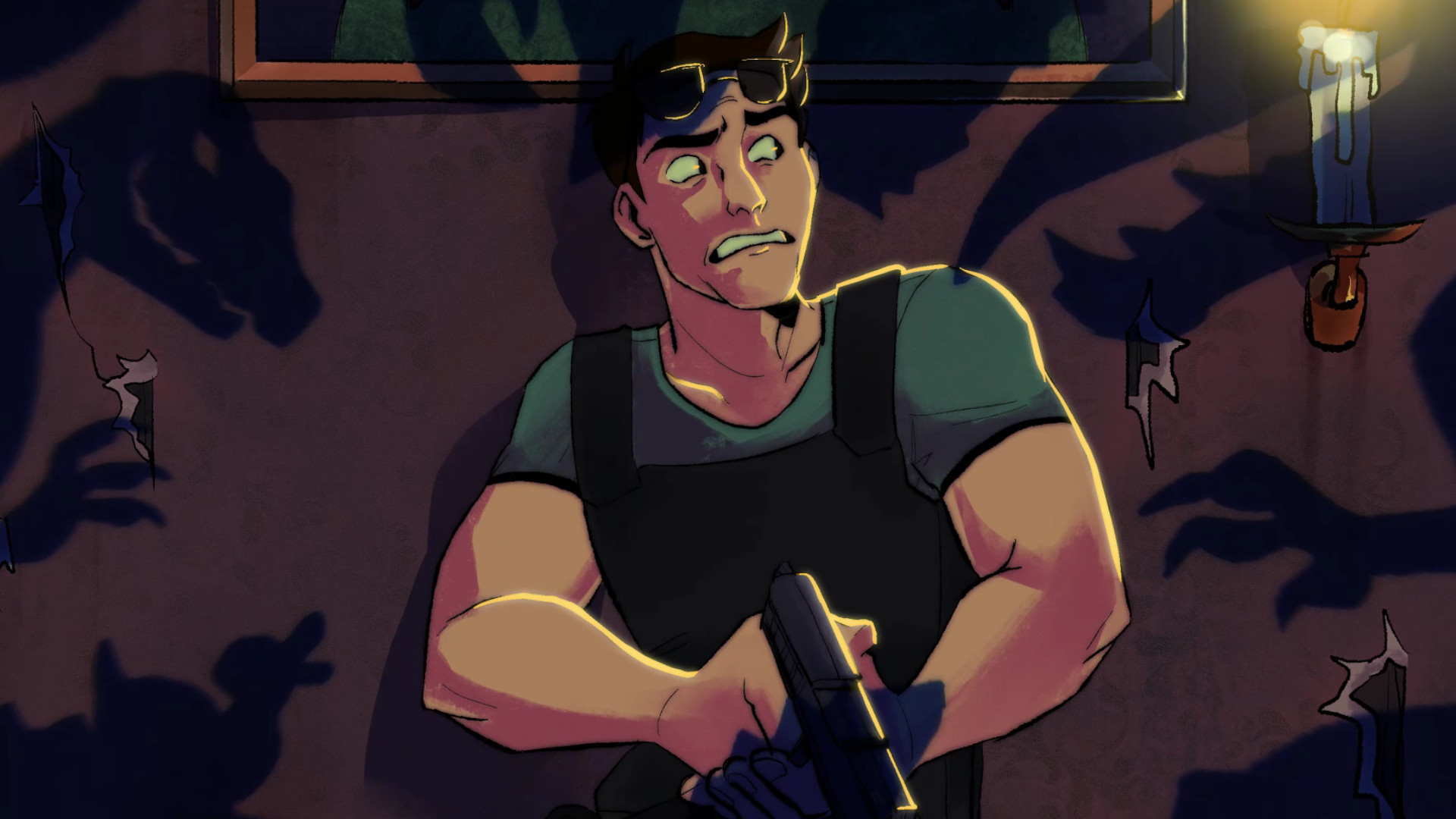
They’re really action games about mastery.”
And presenting it as a sport provides a handy narrative explanation for all that.
Why are you murdering people on roller skates, in an arena, and getting a score for it?
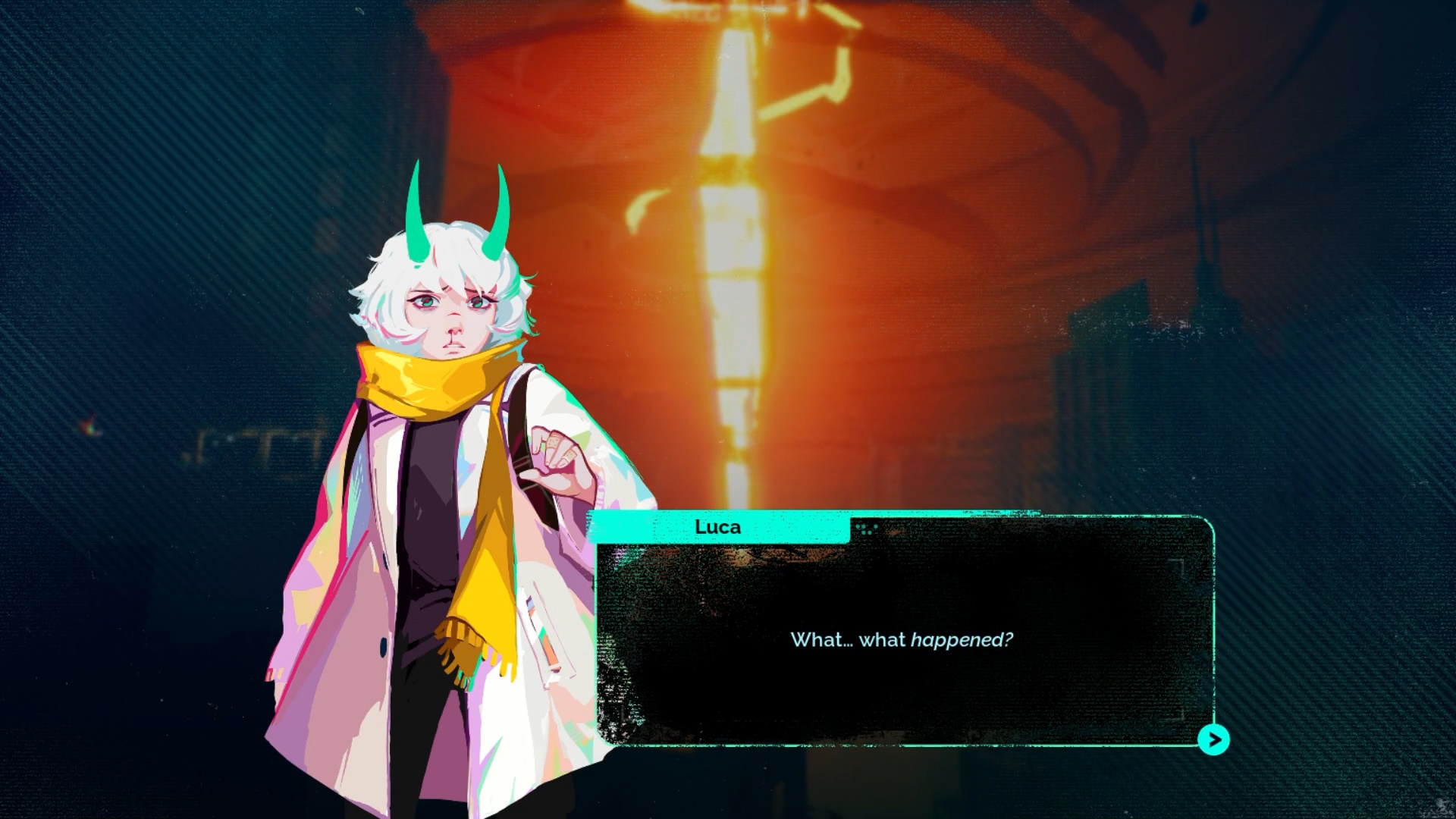
In some ways that’s the only way to make it make sense.”
This is pretty much exactly how Laser League ended up with its future-sport theming.
The concept of sport as a thematic framework comes up in almost every conversation we have.
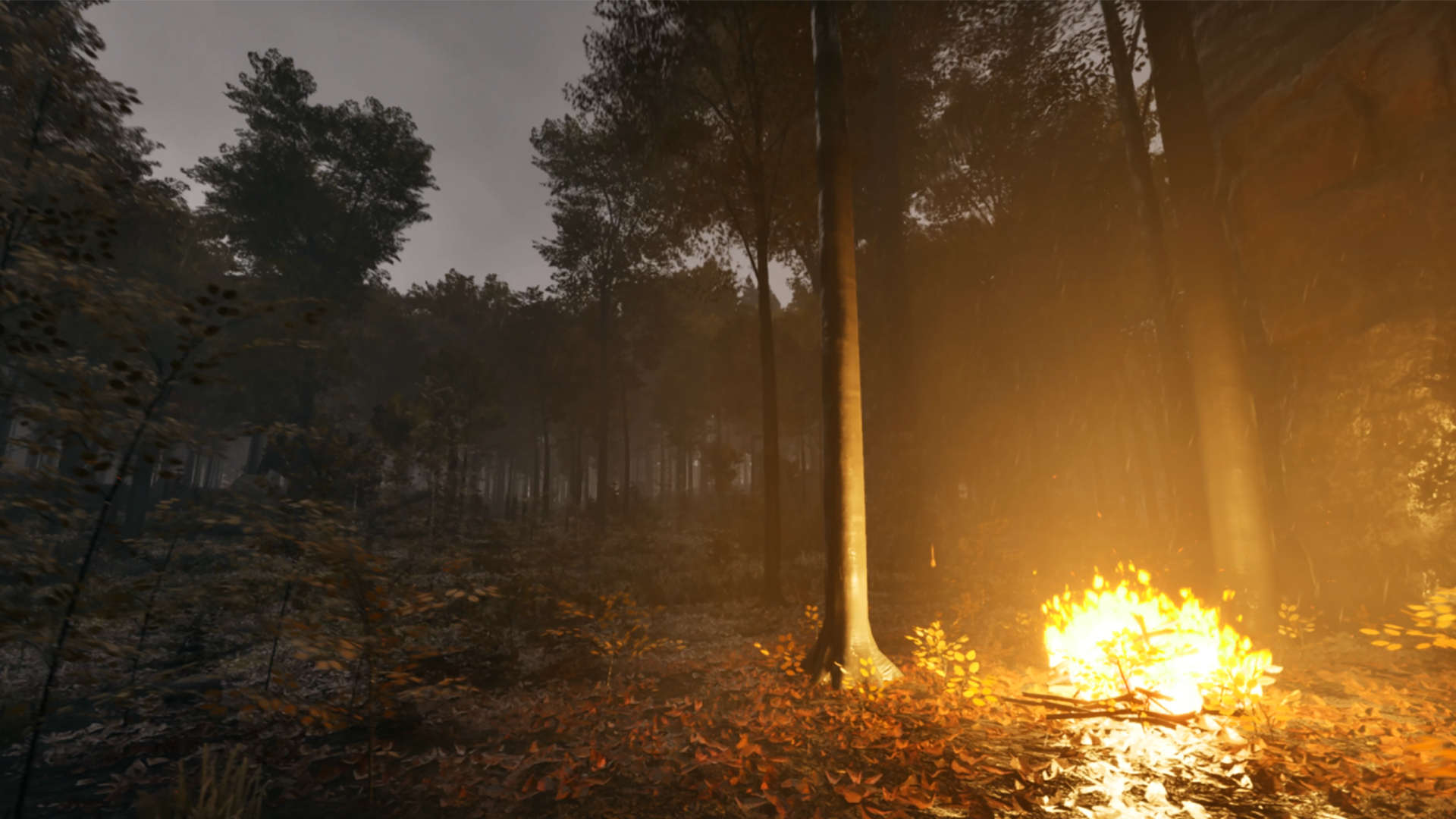
This was on Supergiant’s collective mind, too, as it conceived Pyre.
“And so sometimes, even if it’s strategically interesting, they have to change the rules.”
“Whereas with a sport, of course, it’s already a game.
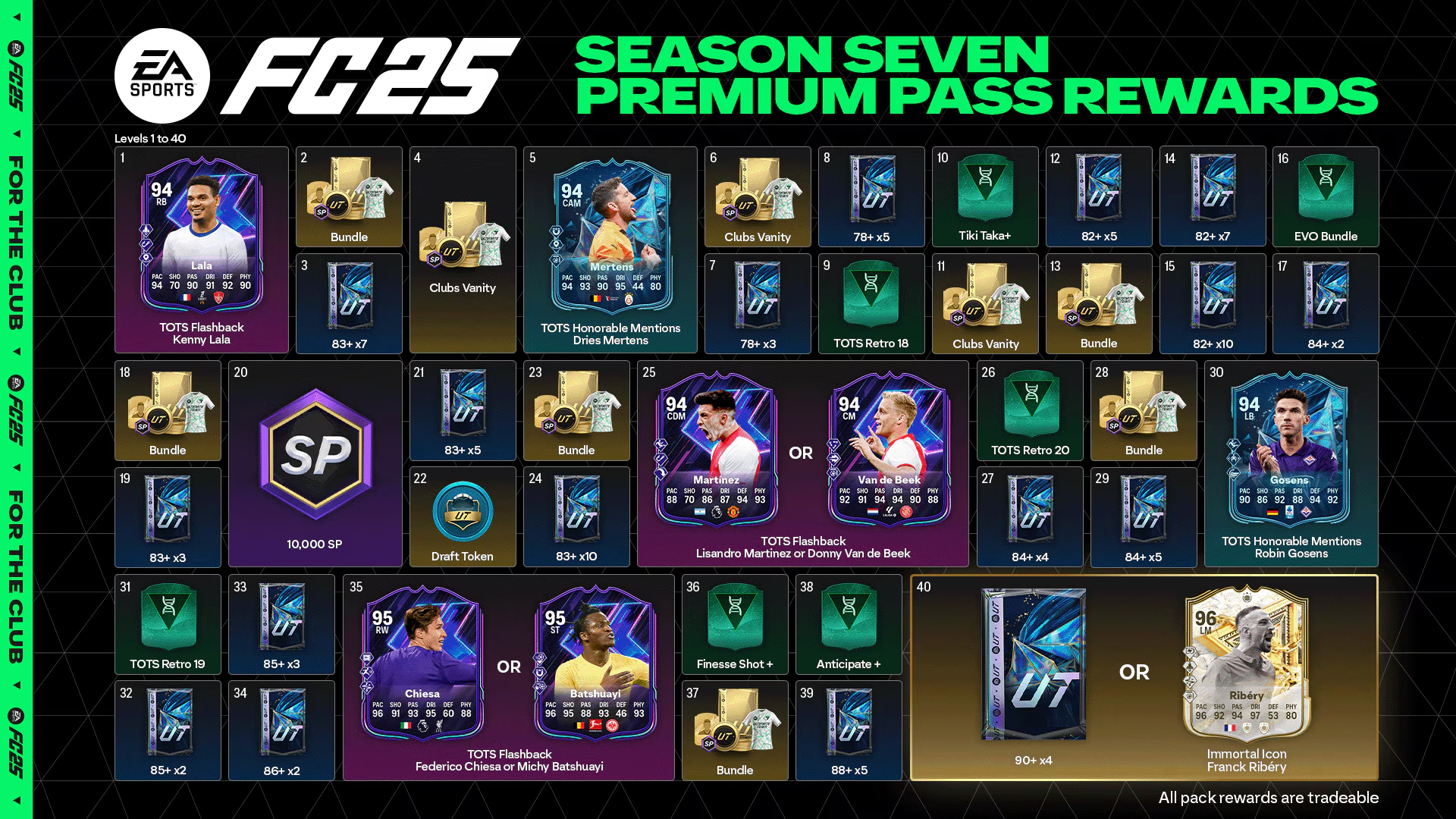
And this structure just makes more sense.
So I think that’s one of the reasons to try and invent a sport.”
No wonder Beastieball has gradually grown into “a game about game design,” as Lobanov tells us.
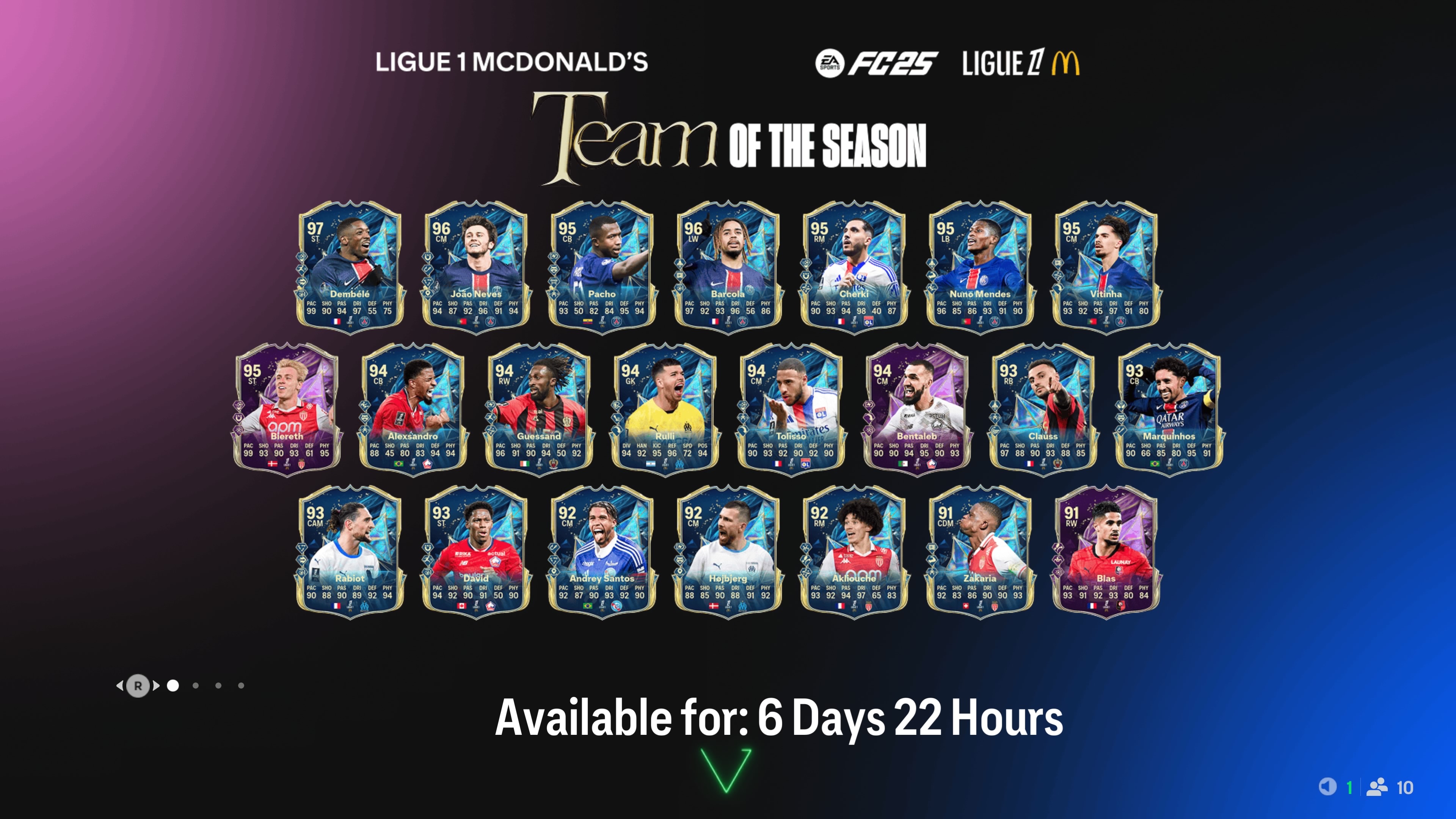
“Because sport just seems like such a natural way to explore that.”
What happens in that transformation?
What does that feel like, as a player?”
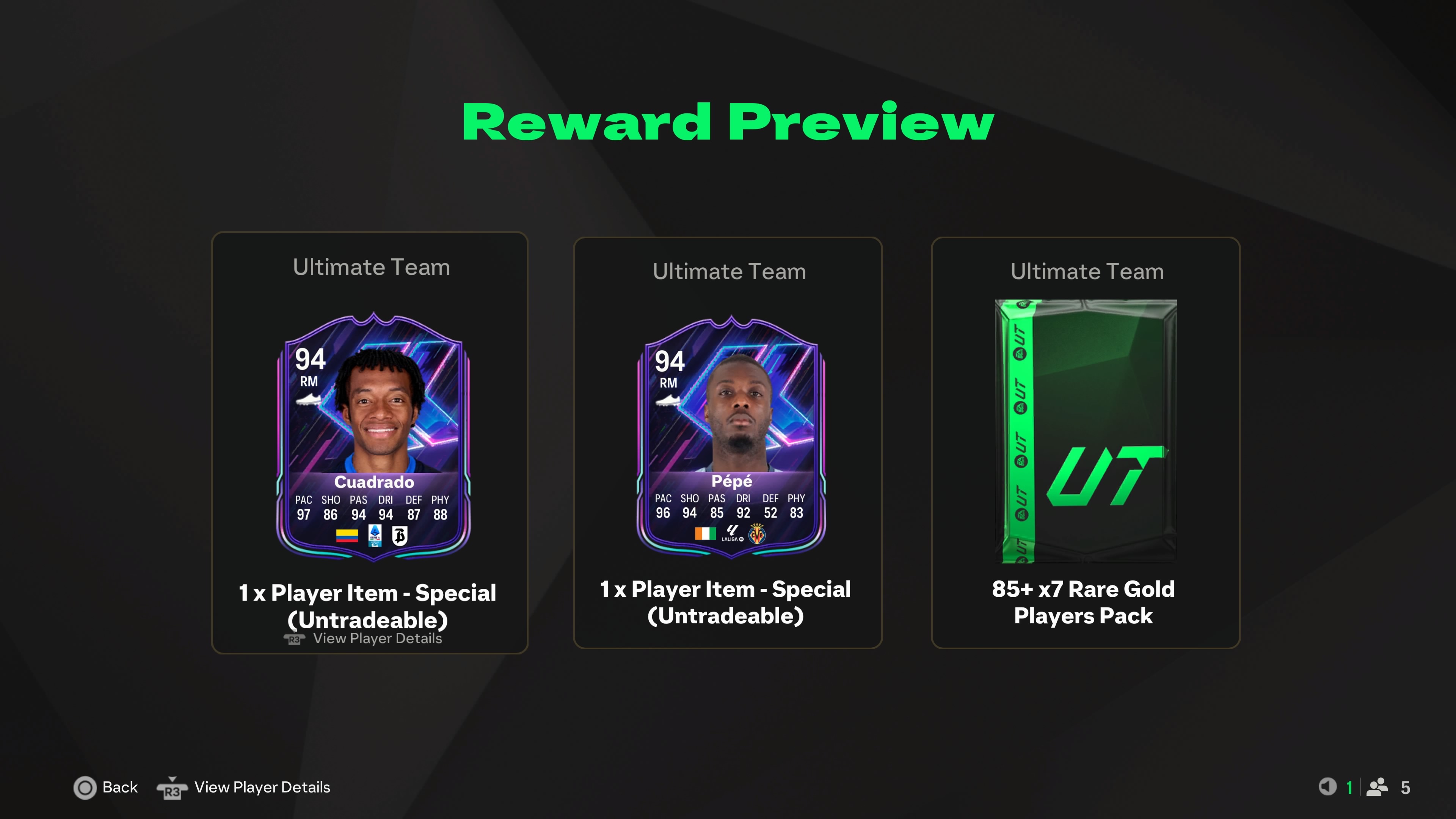
Which I can also relate to, in a totally different way.
Making games, for me, is really fun, but now I do it as a job."
“It’s probably changed, a little bit, my relationship with my work.”
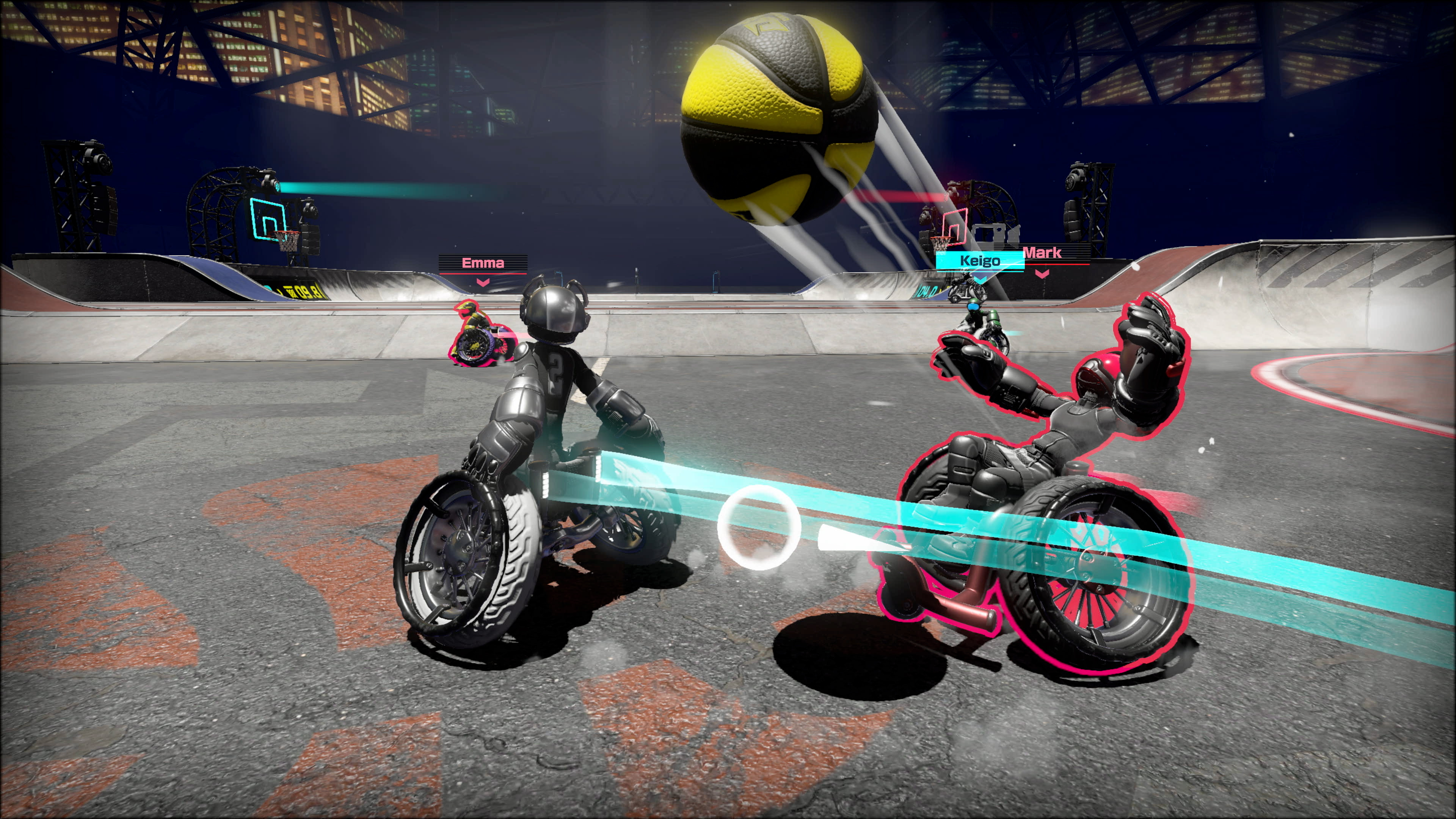
And, like the other Greg before him, it’s changed Lobanov’s relationship with real-world sport.
“I’ve started keeping up with sports news,” he says.
It’s all useful for inspiration.
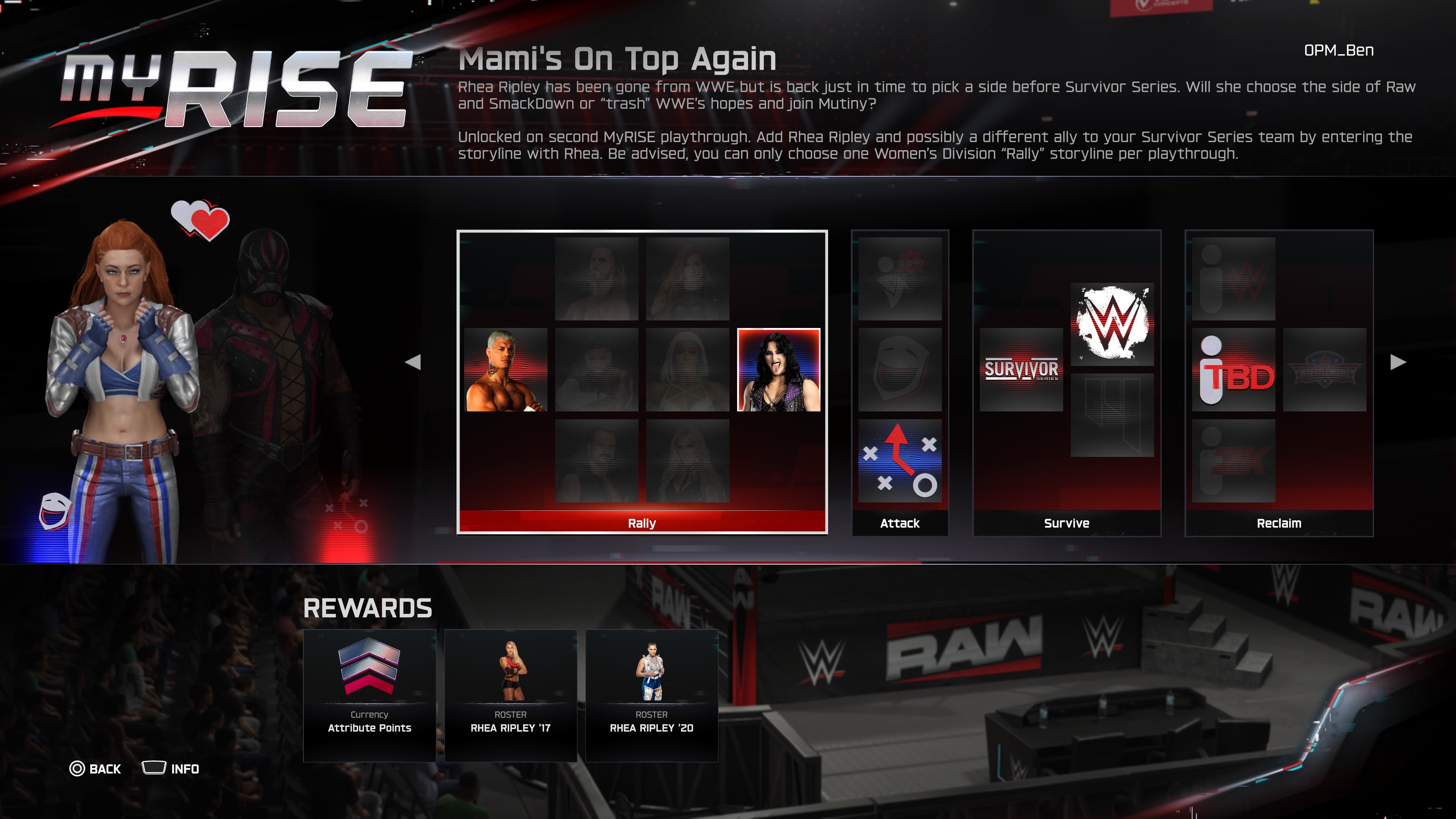
Not that every developer falls in love with the subject, of course.
